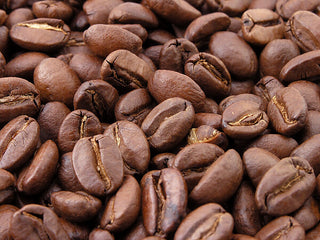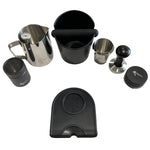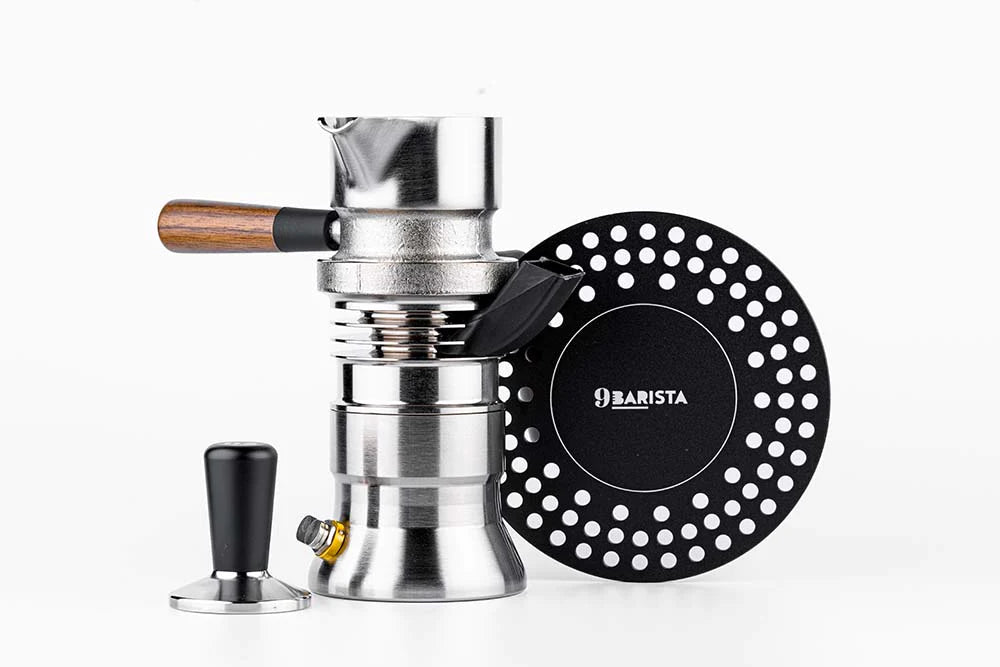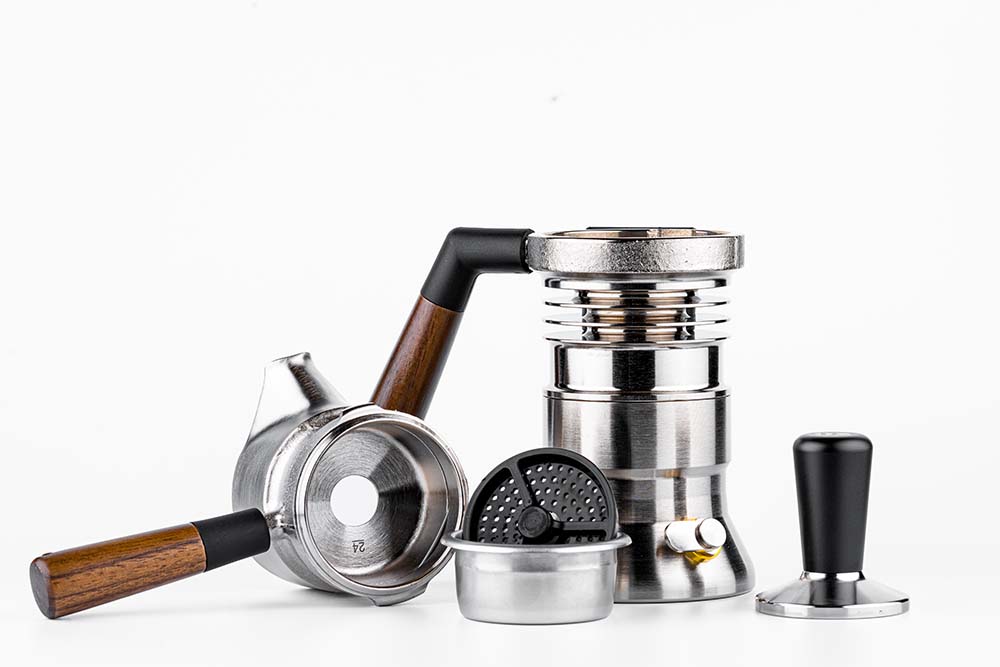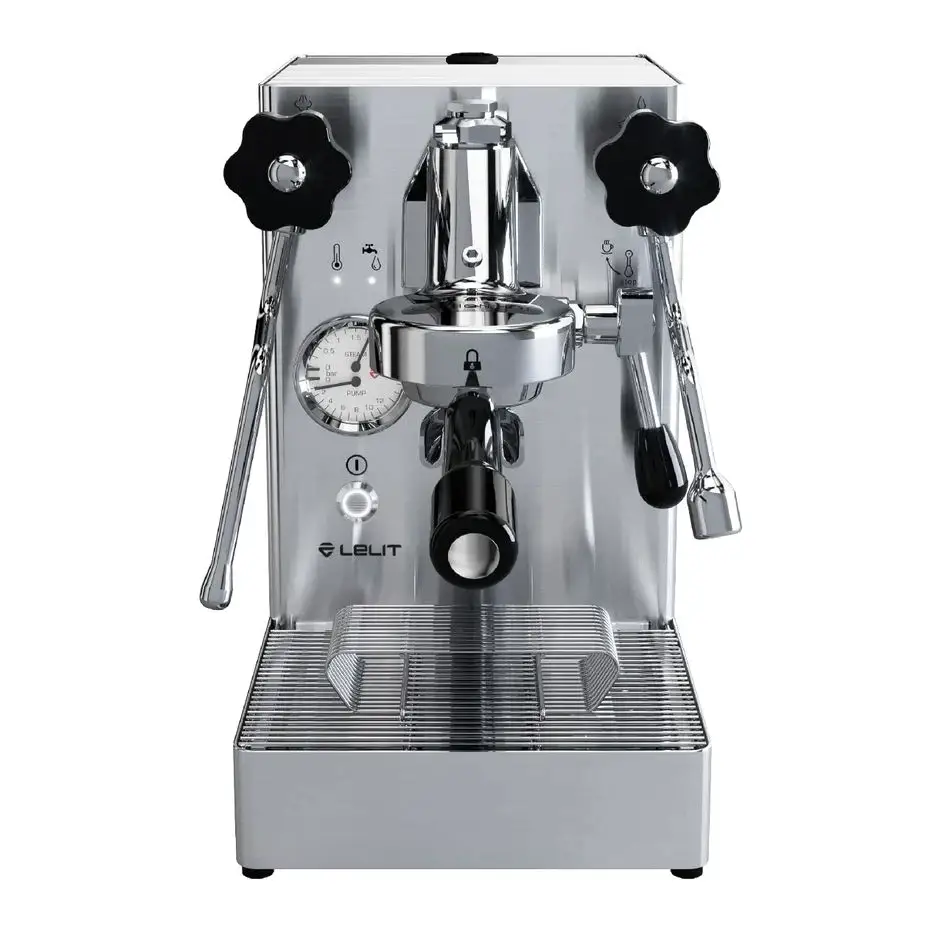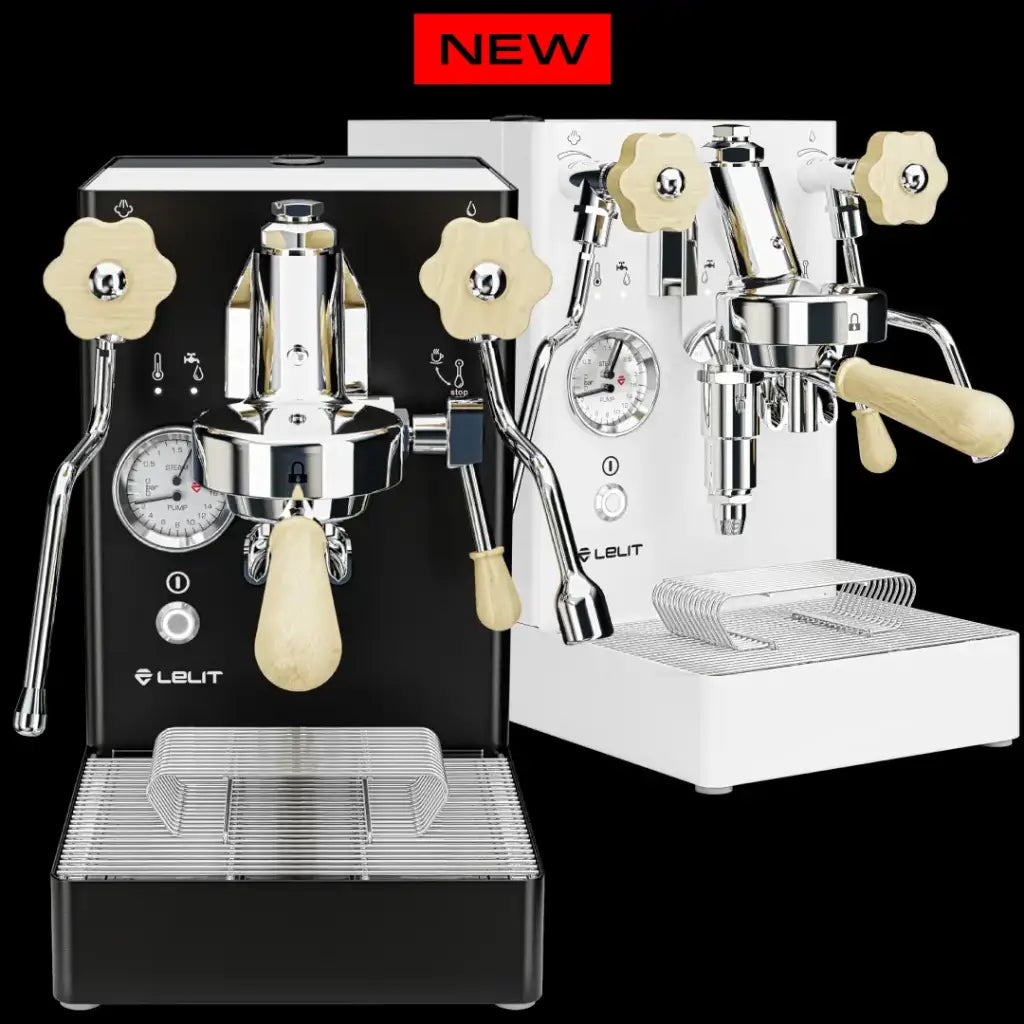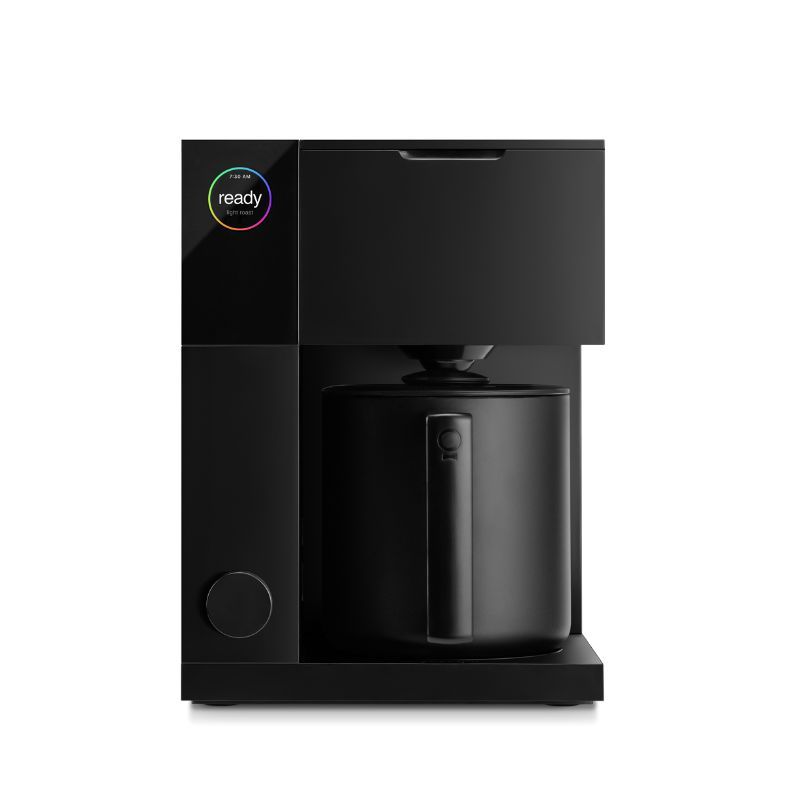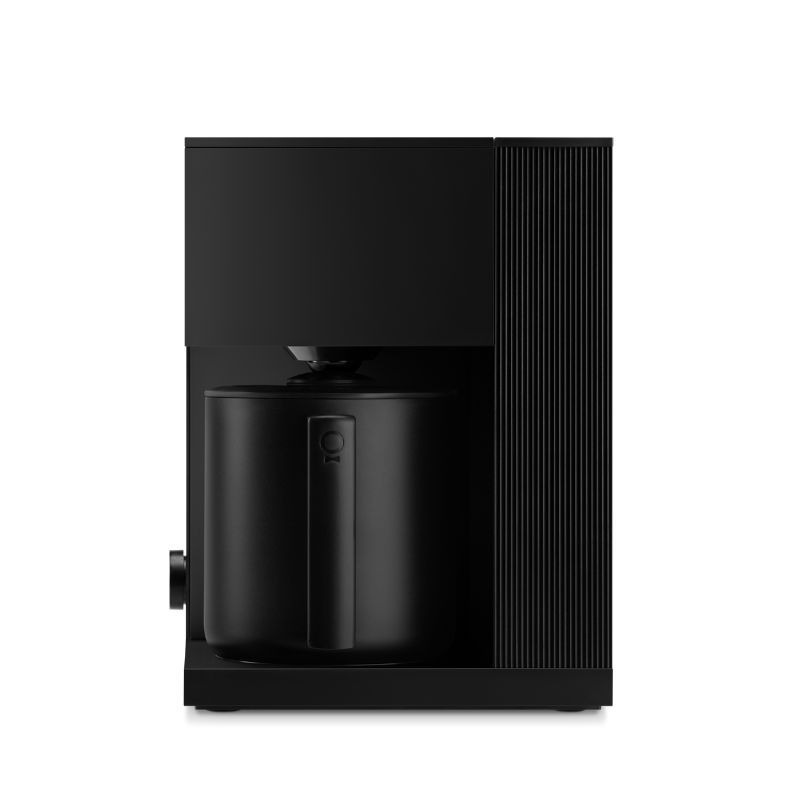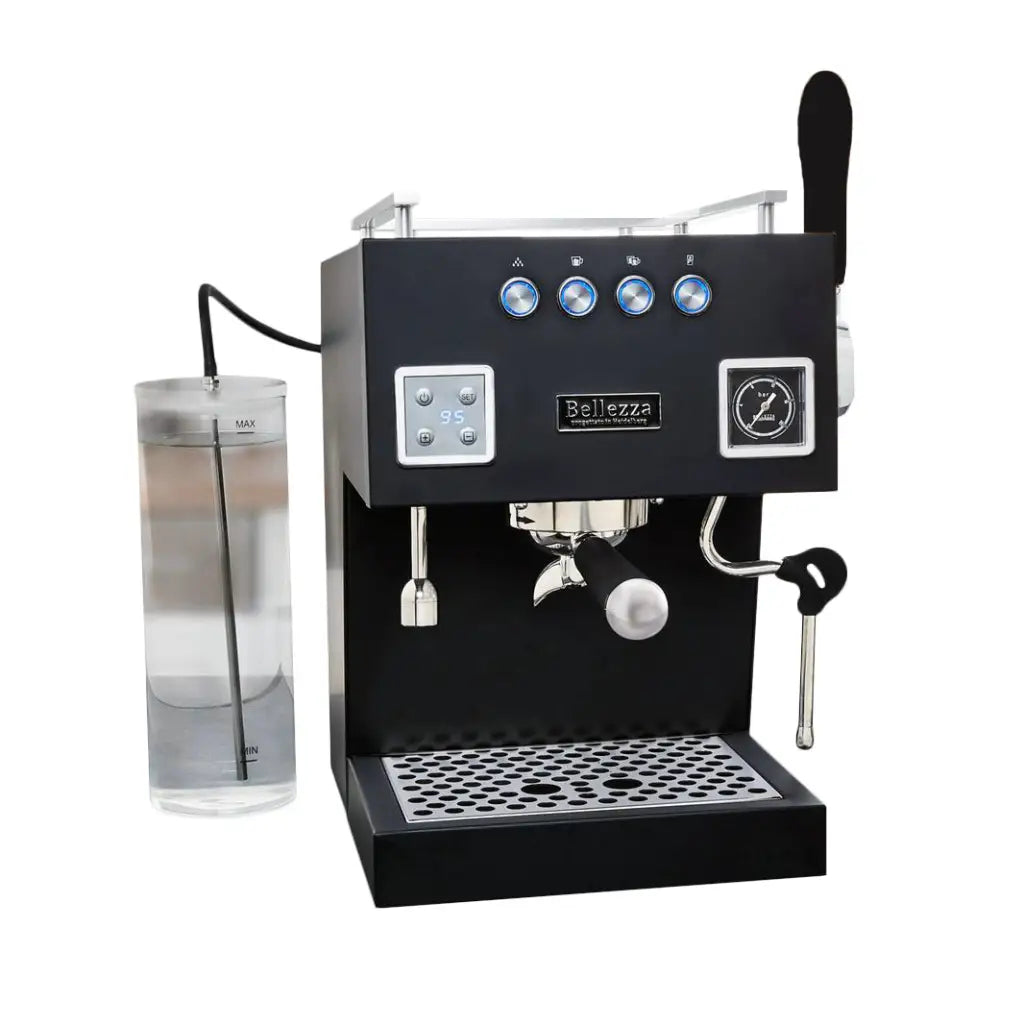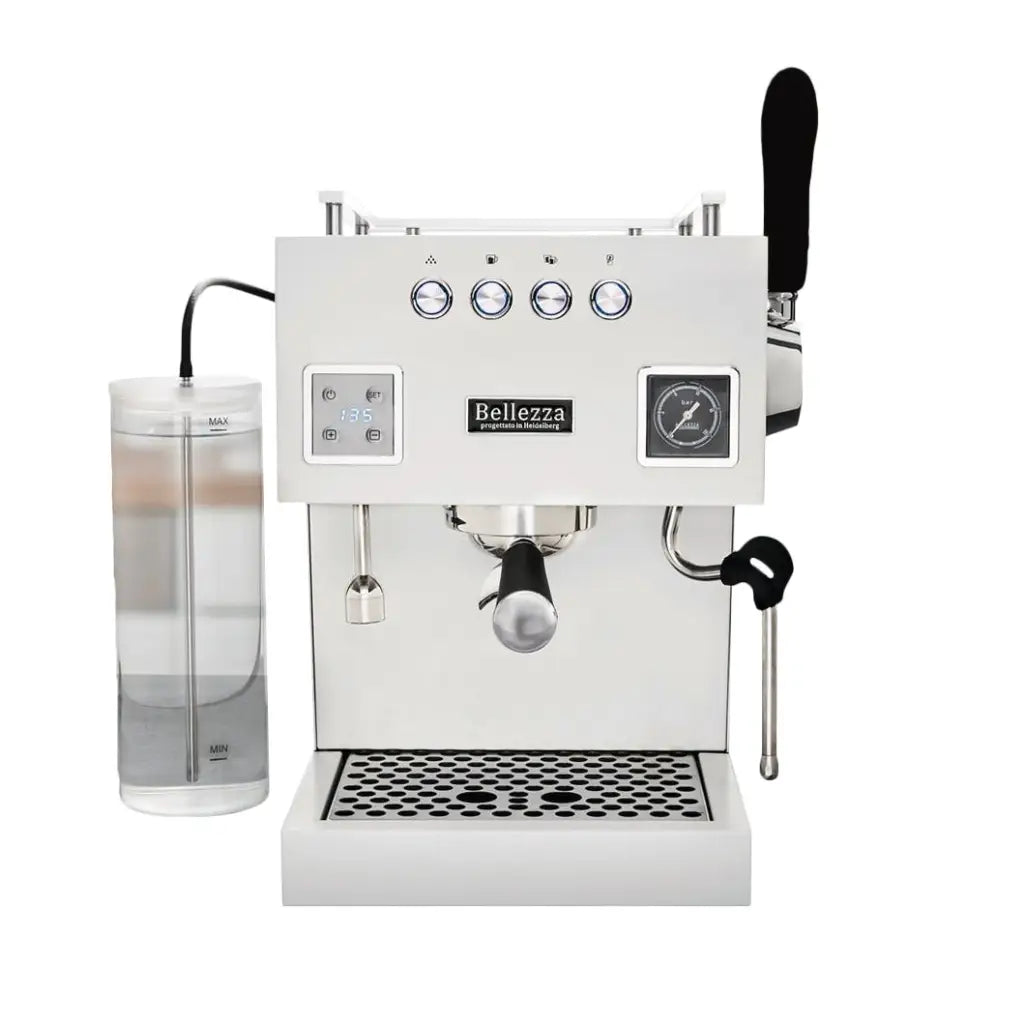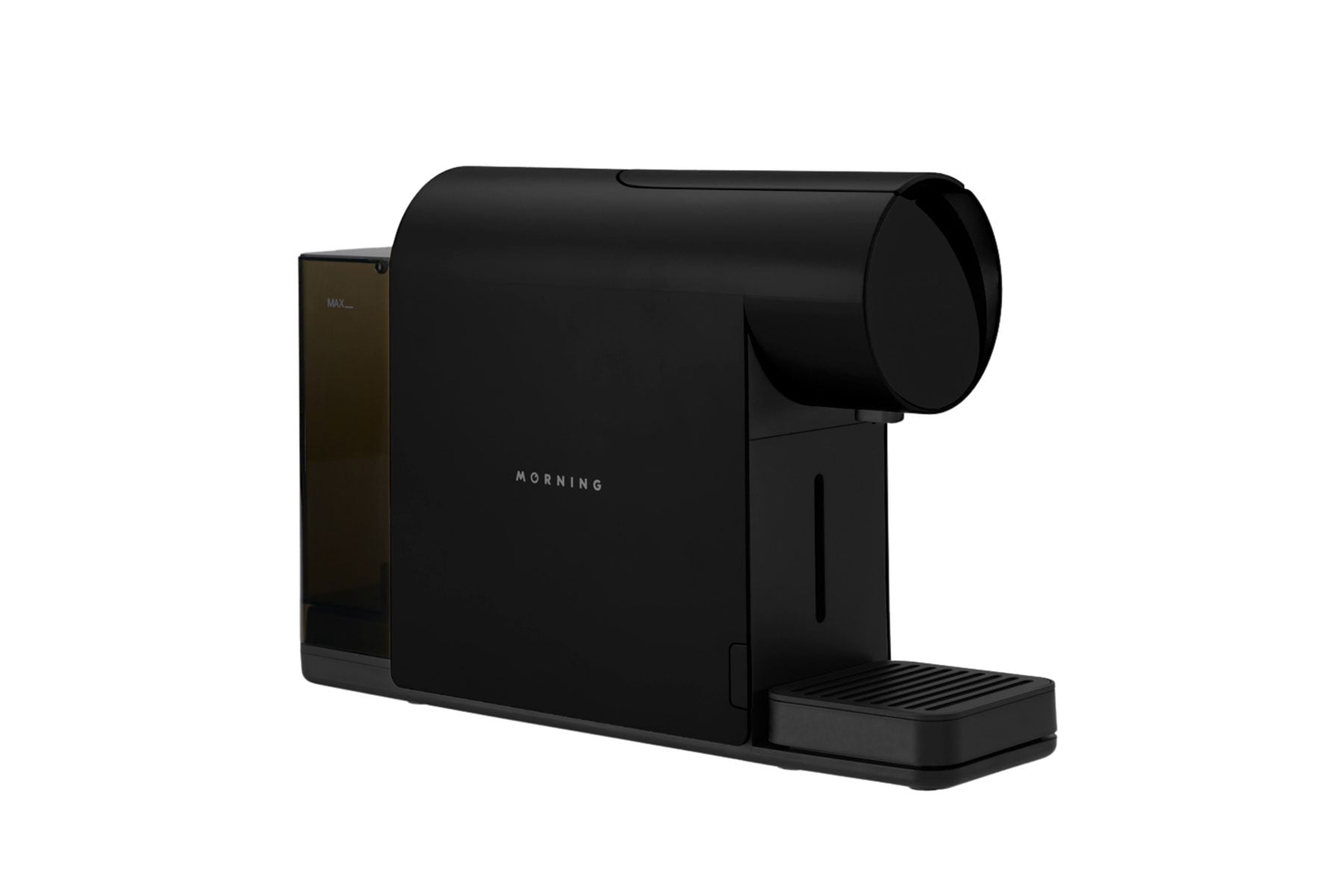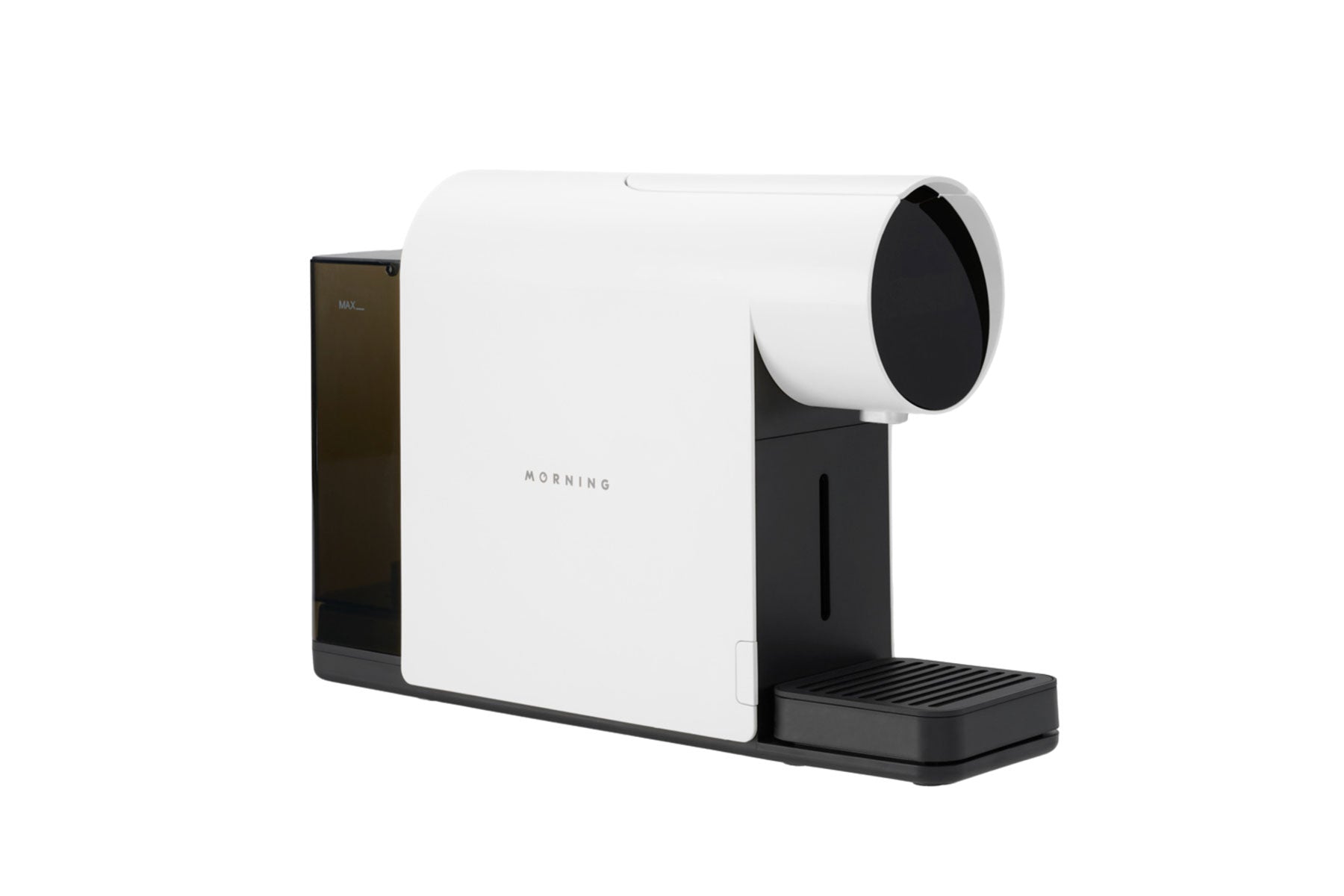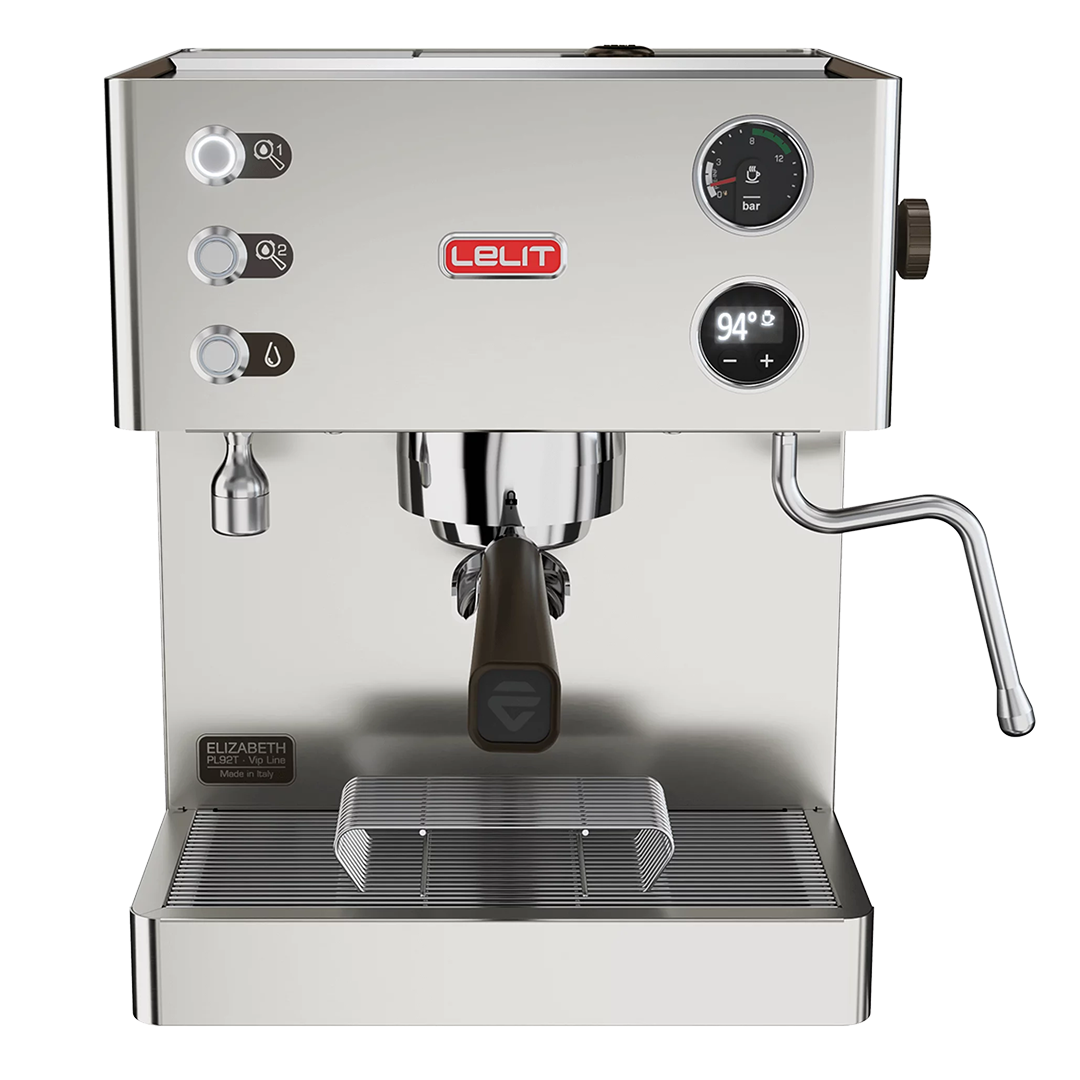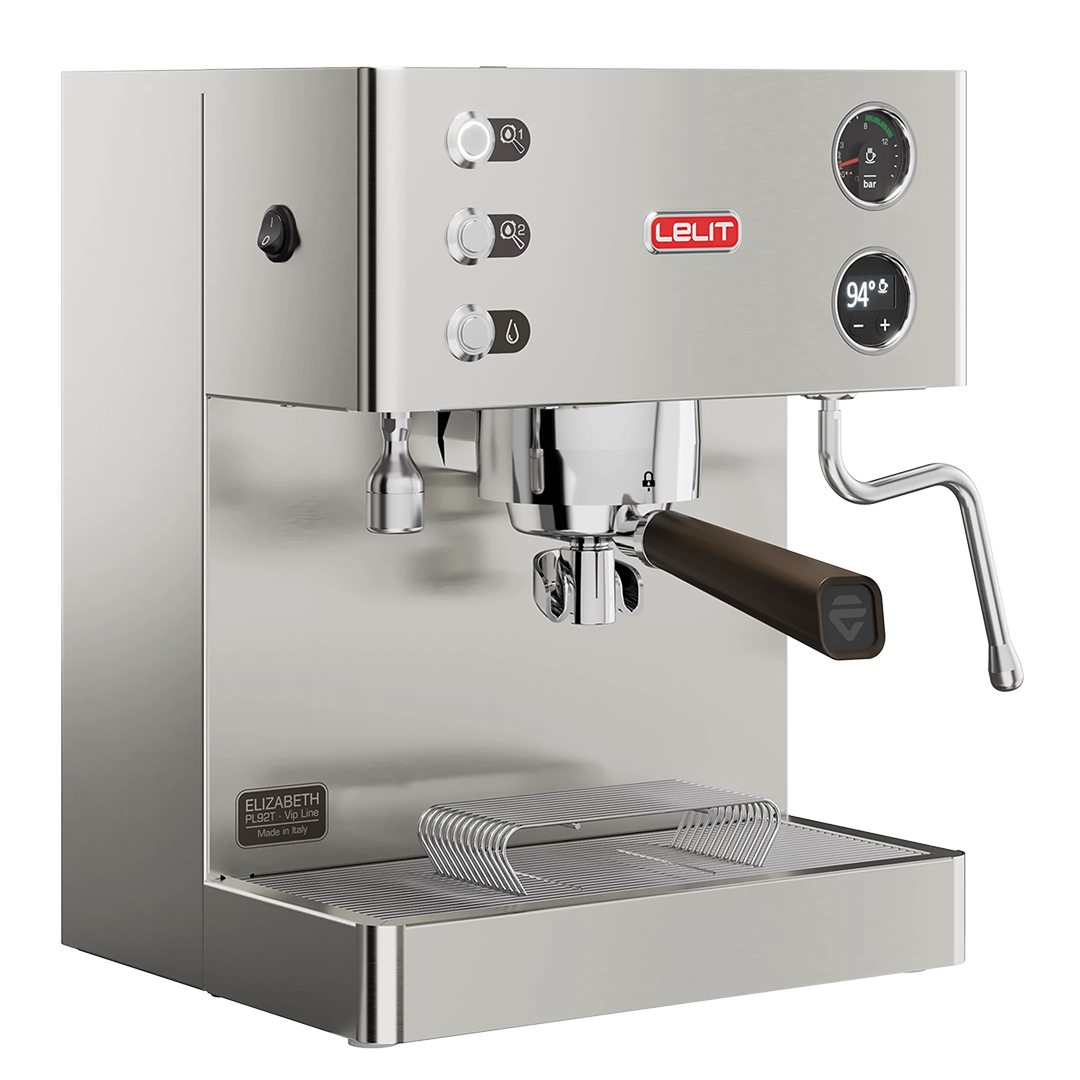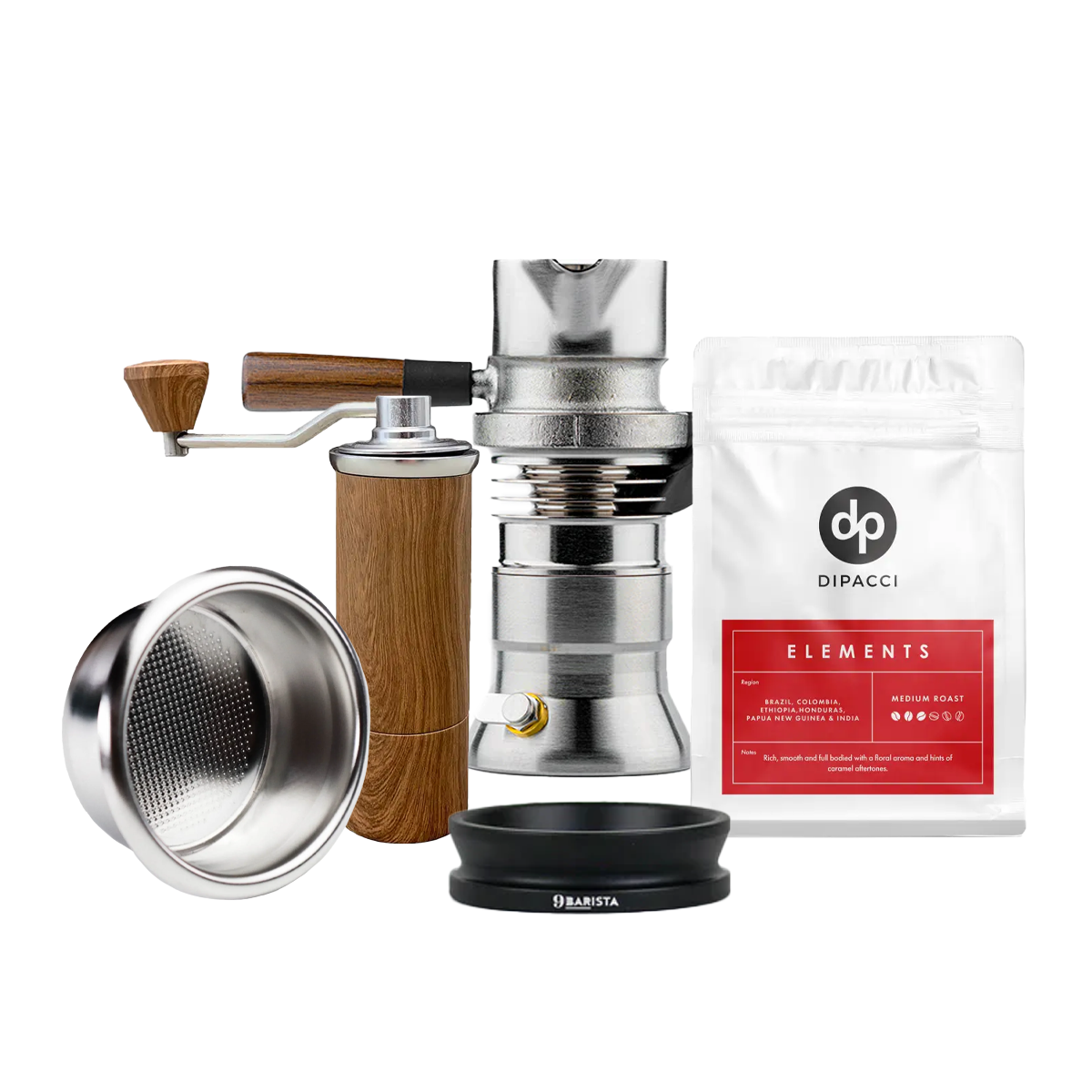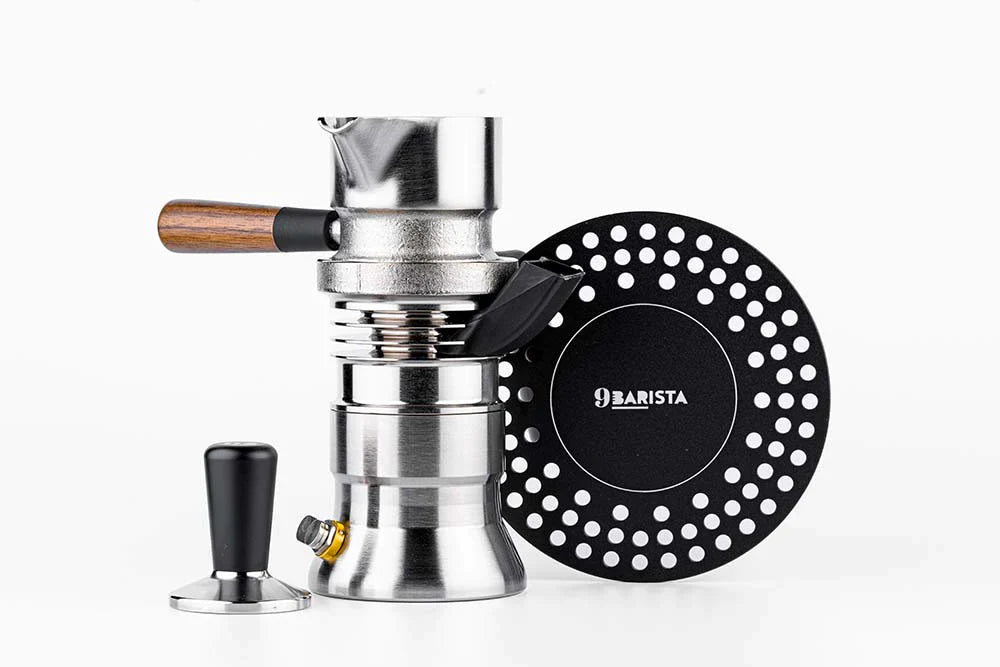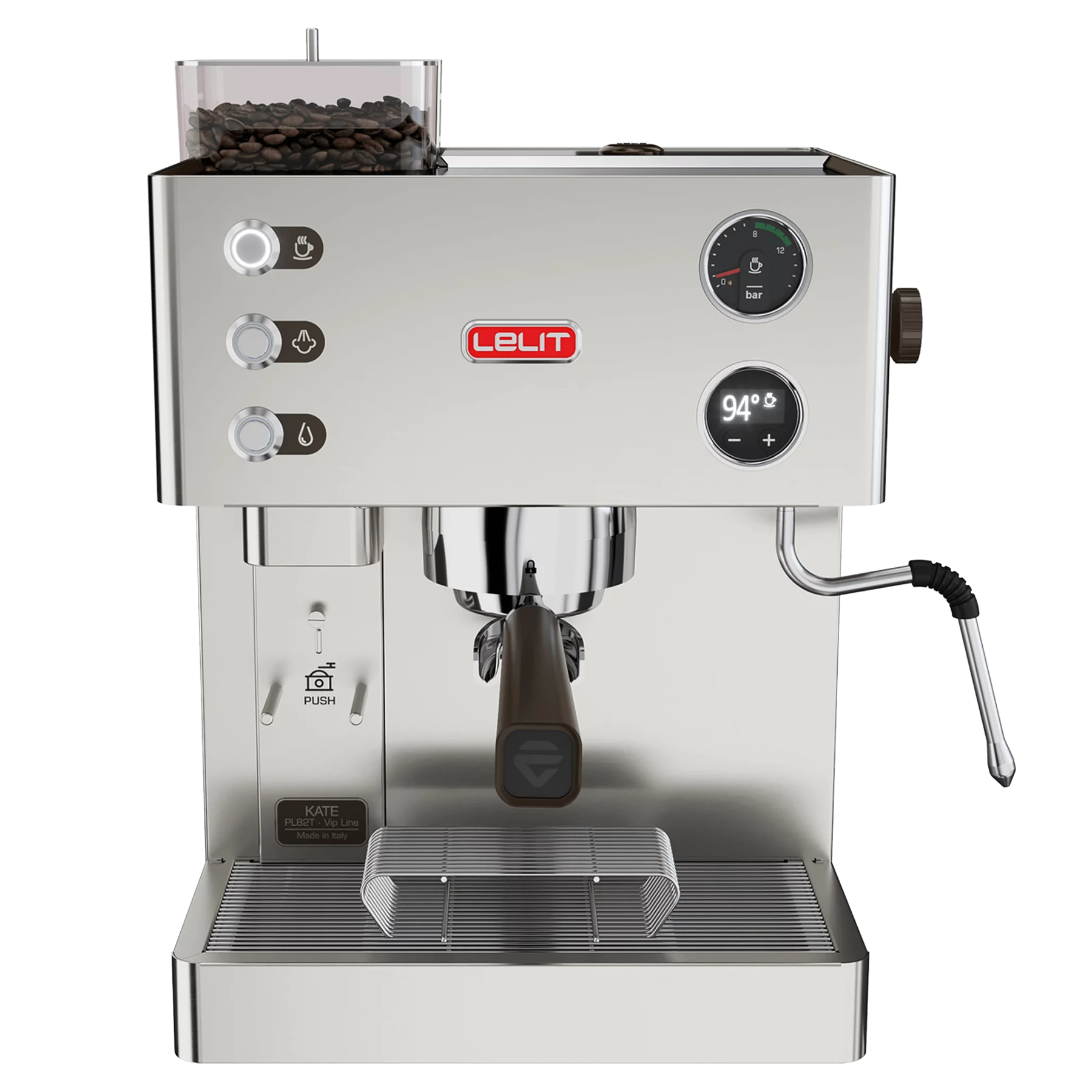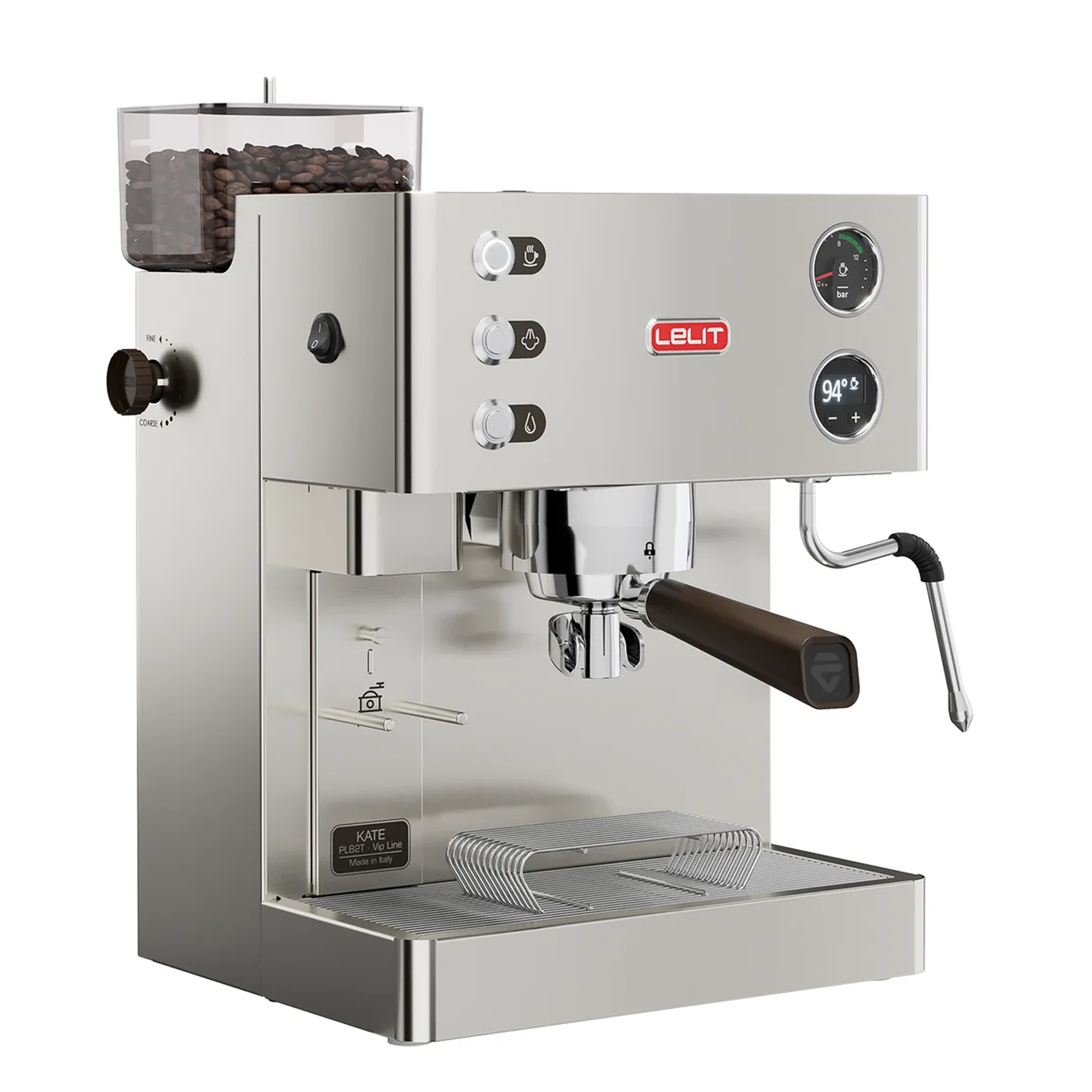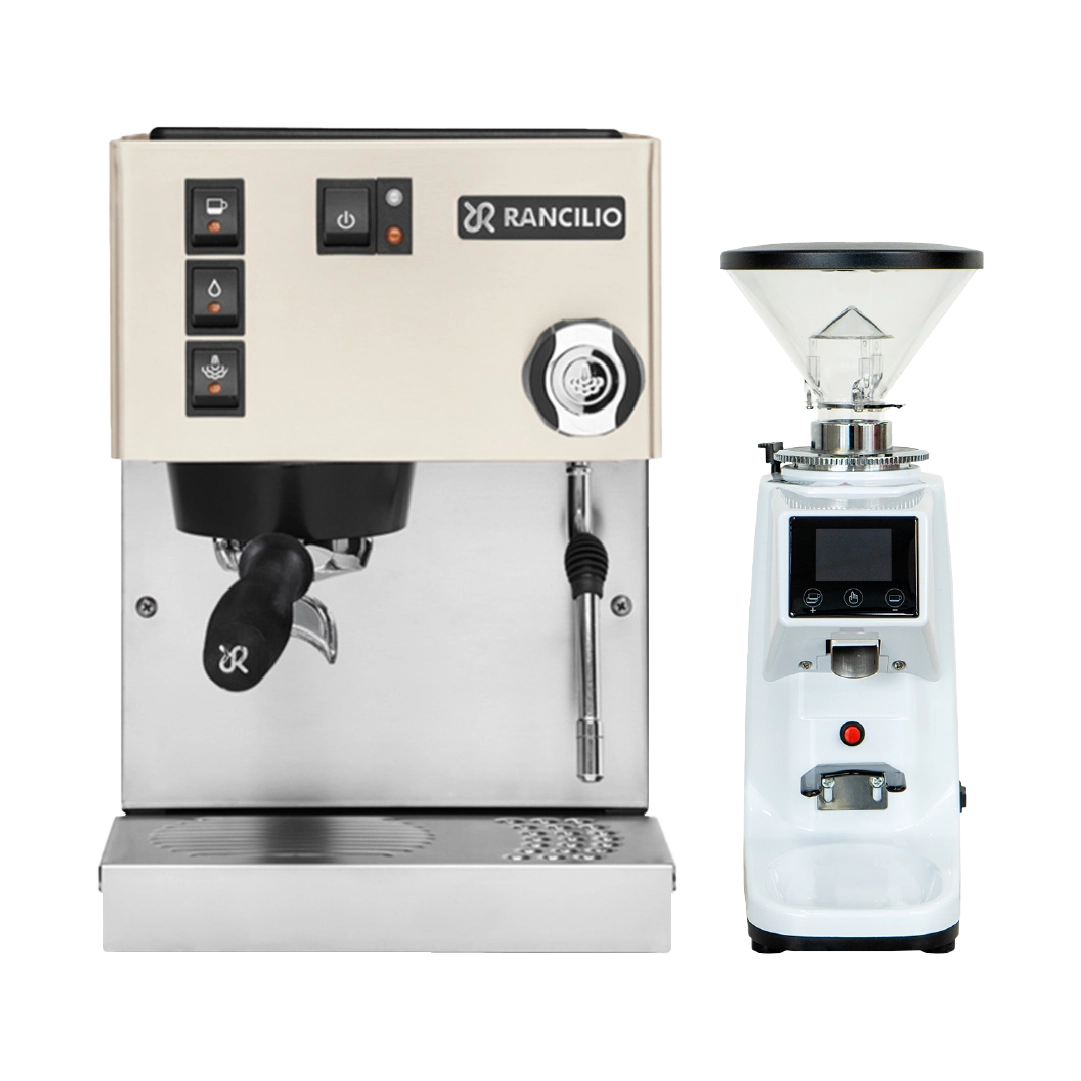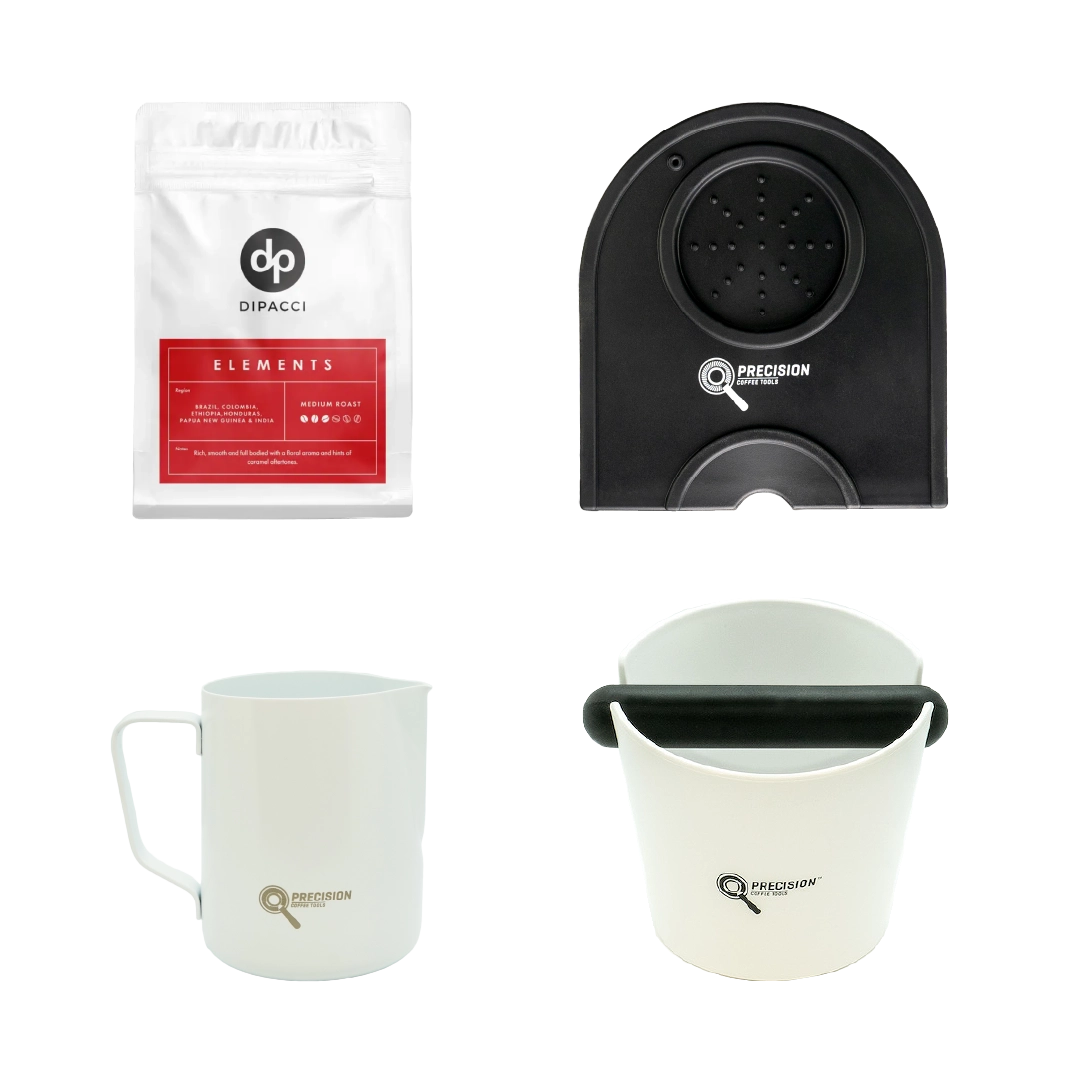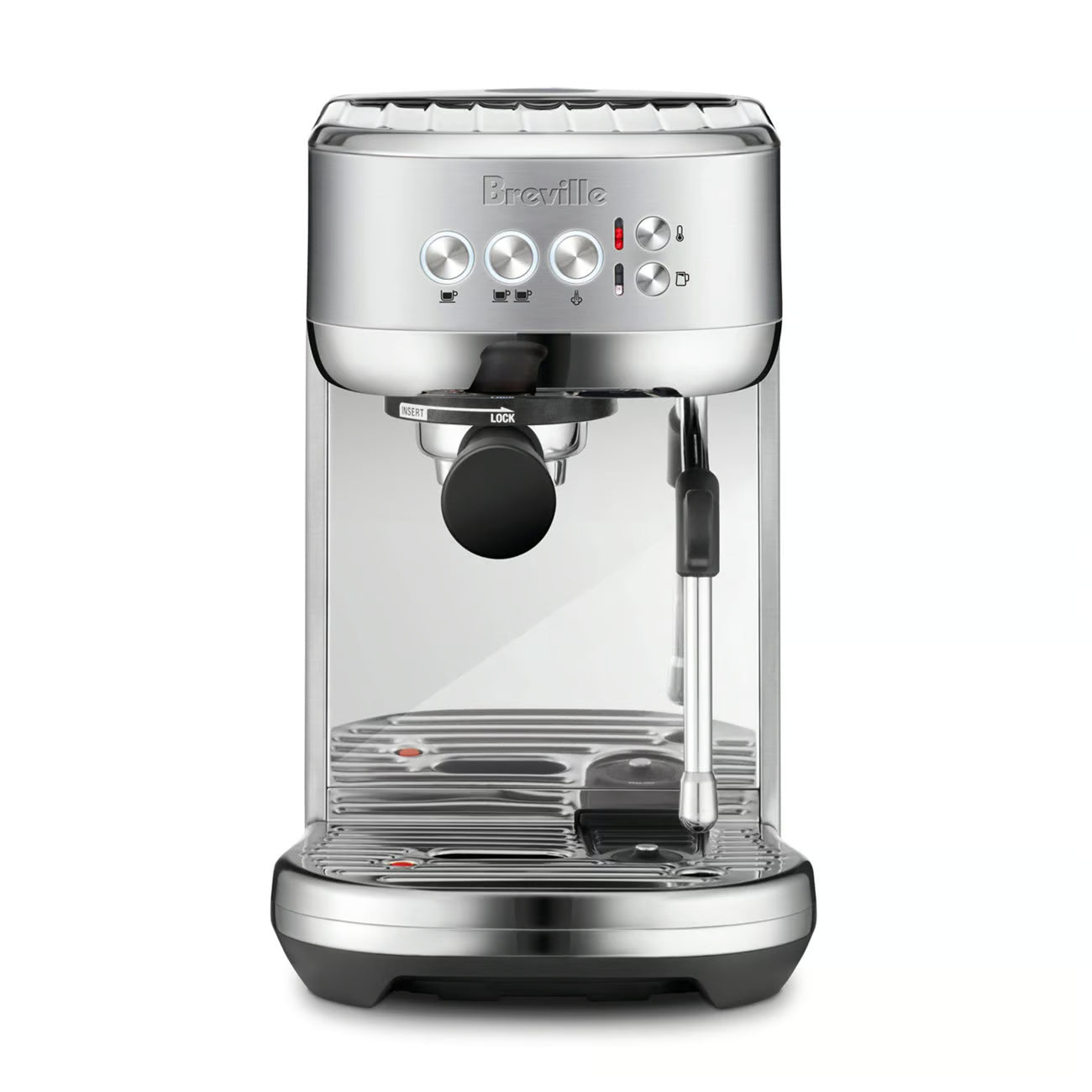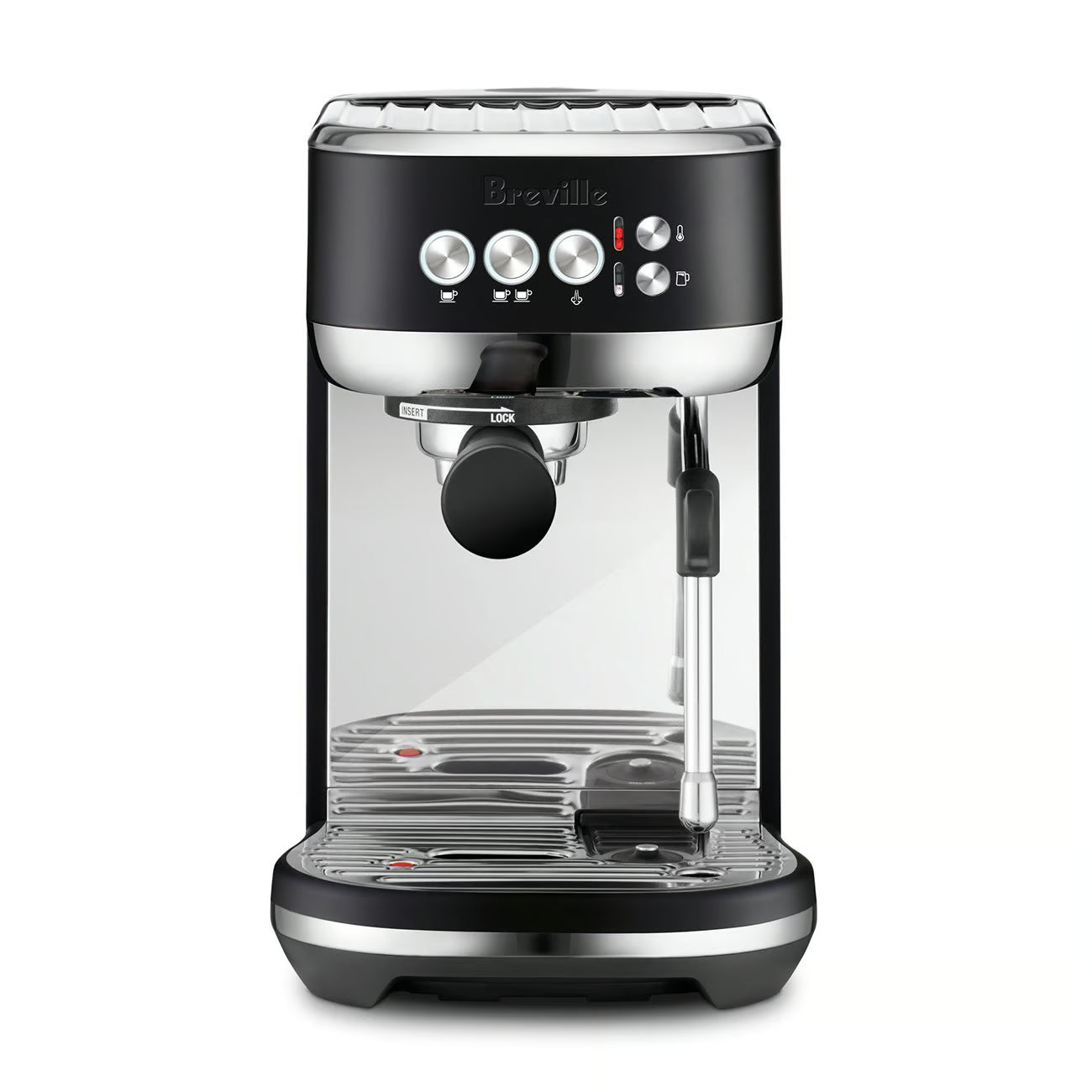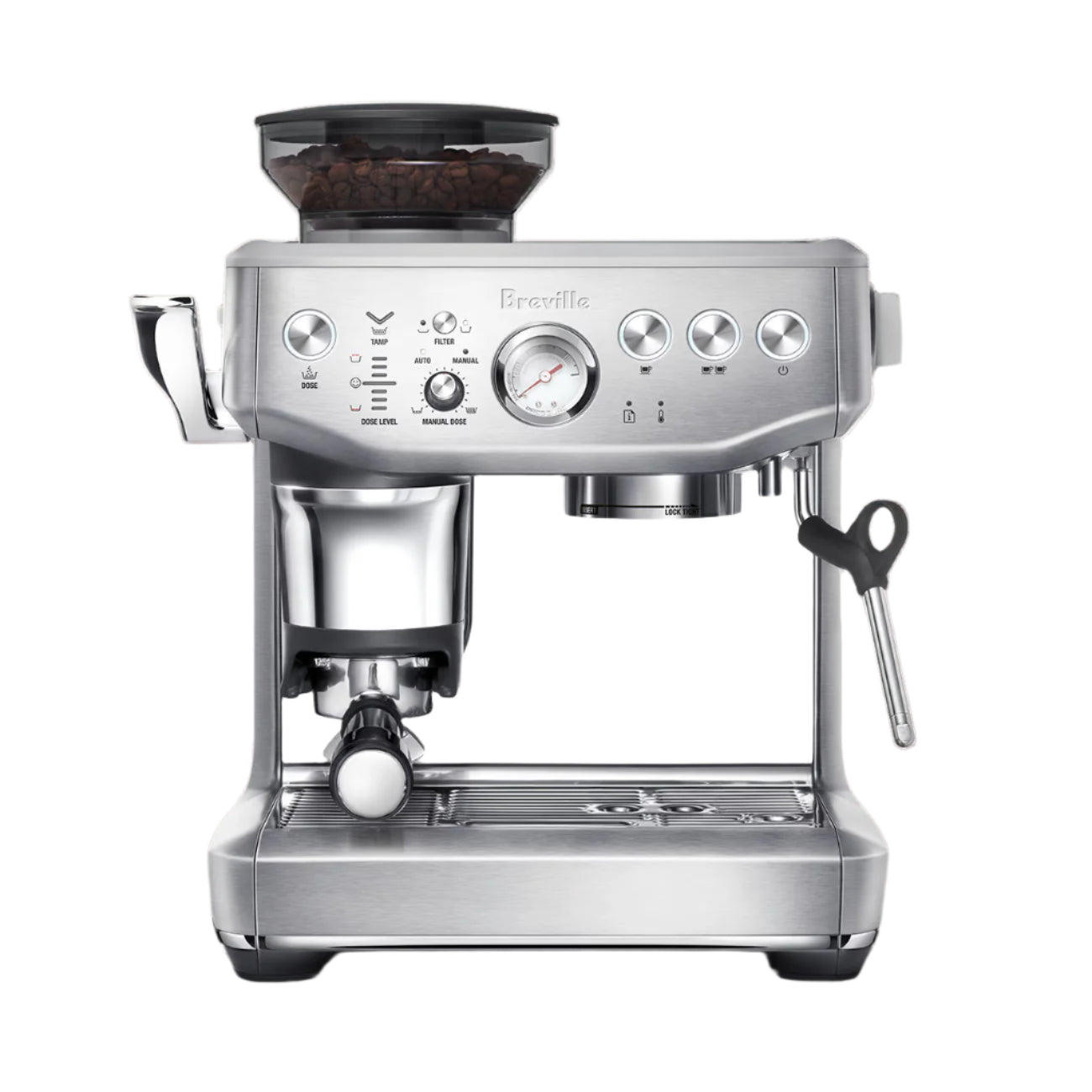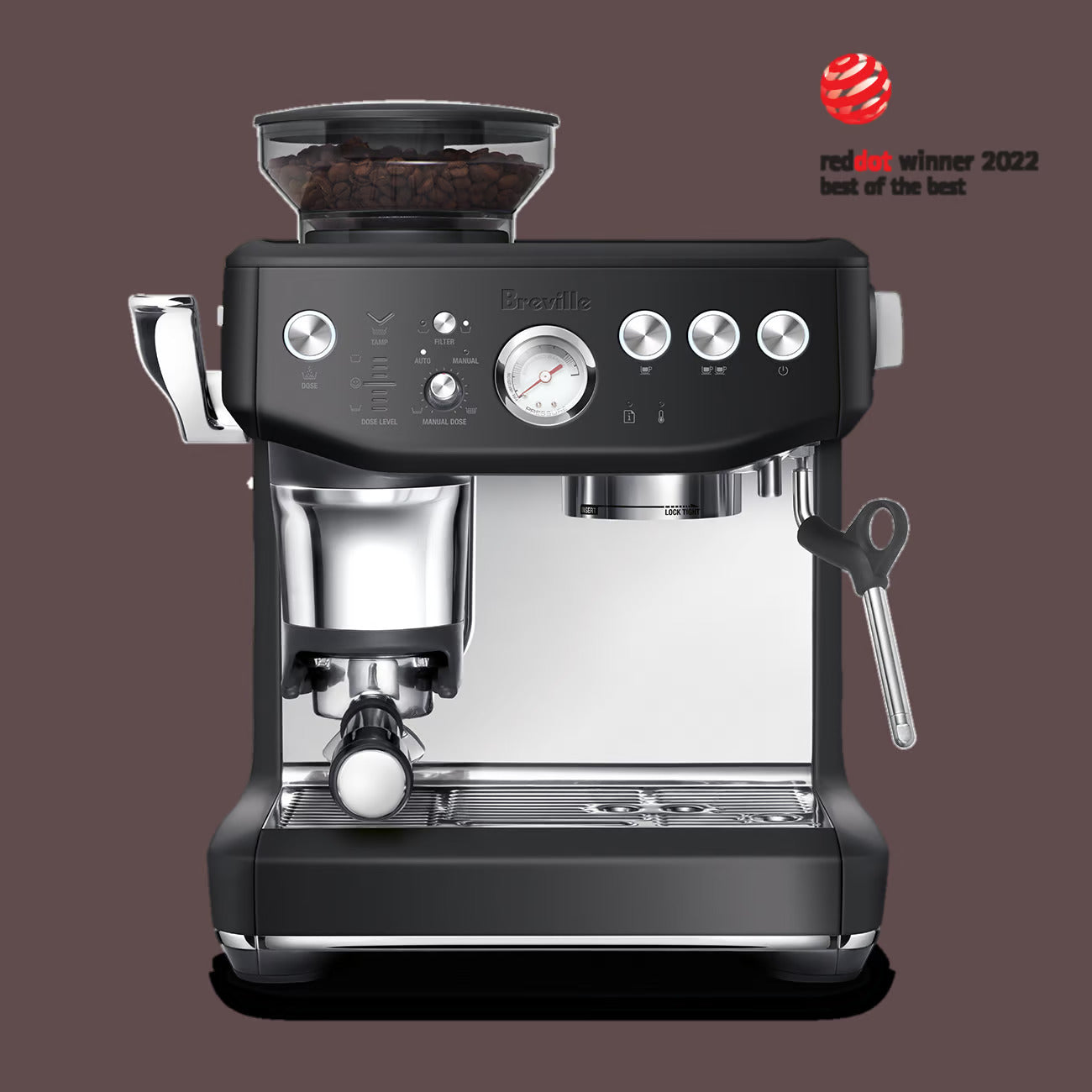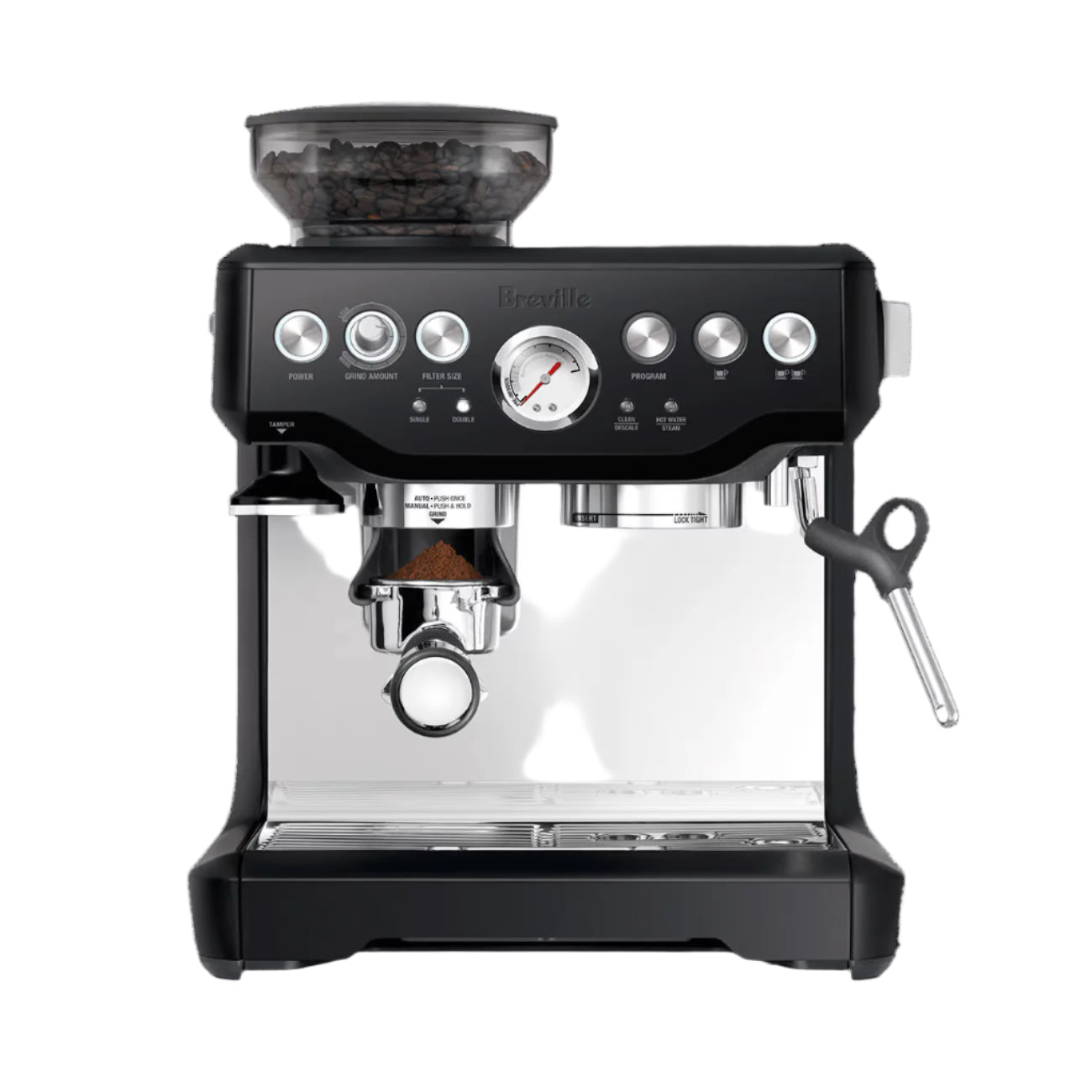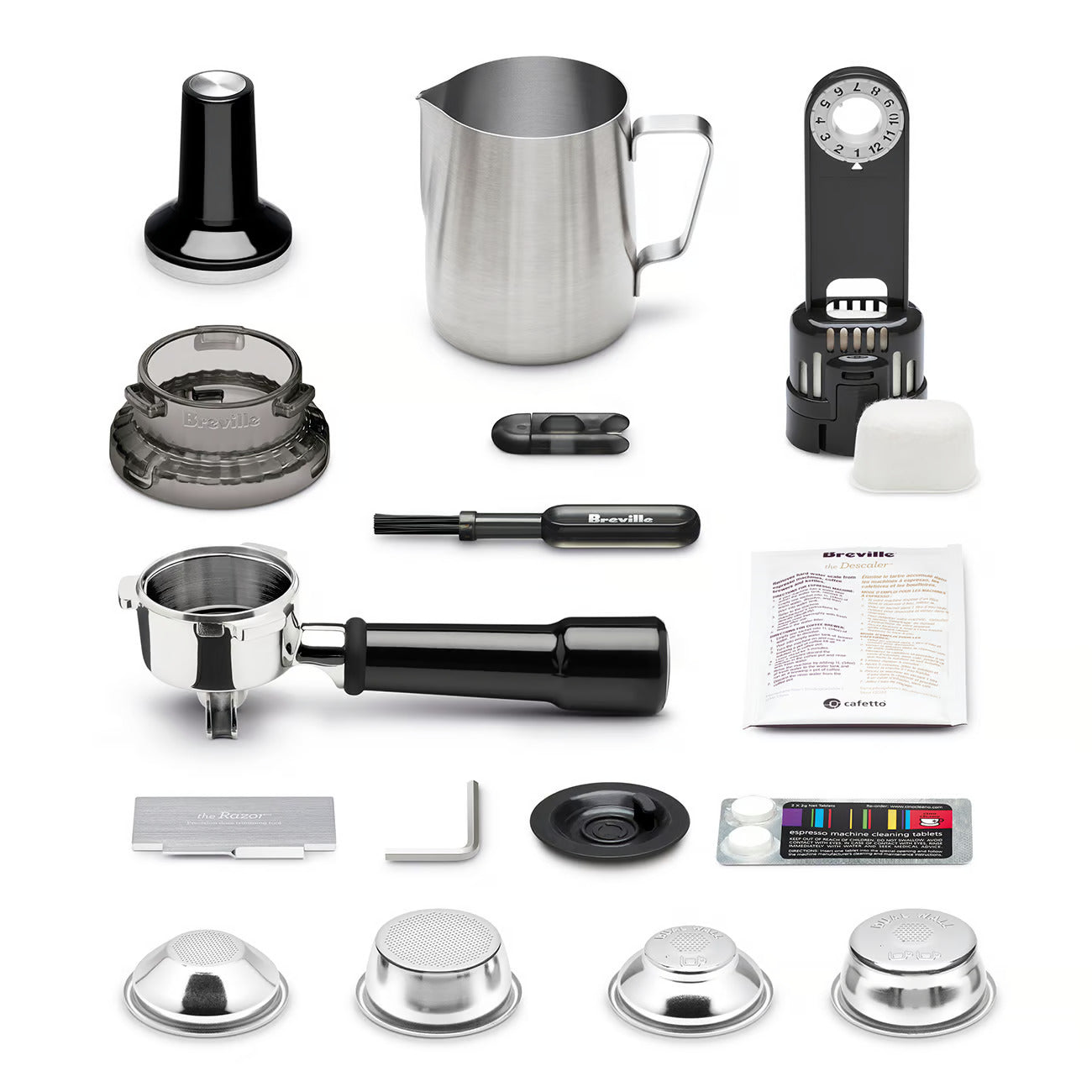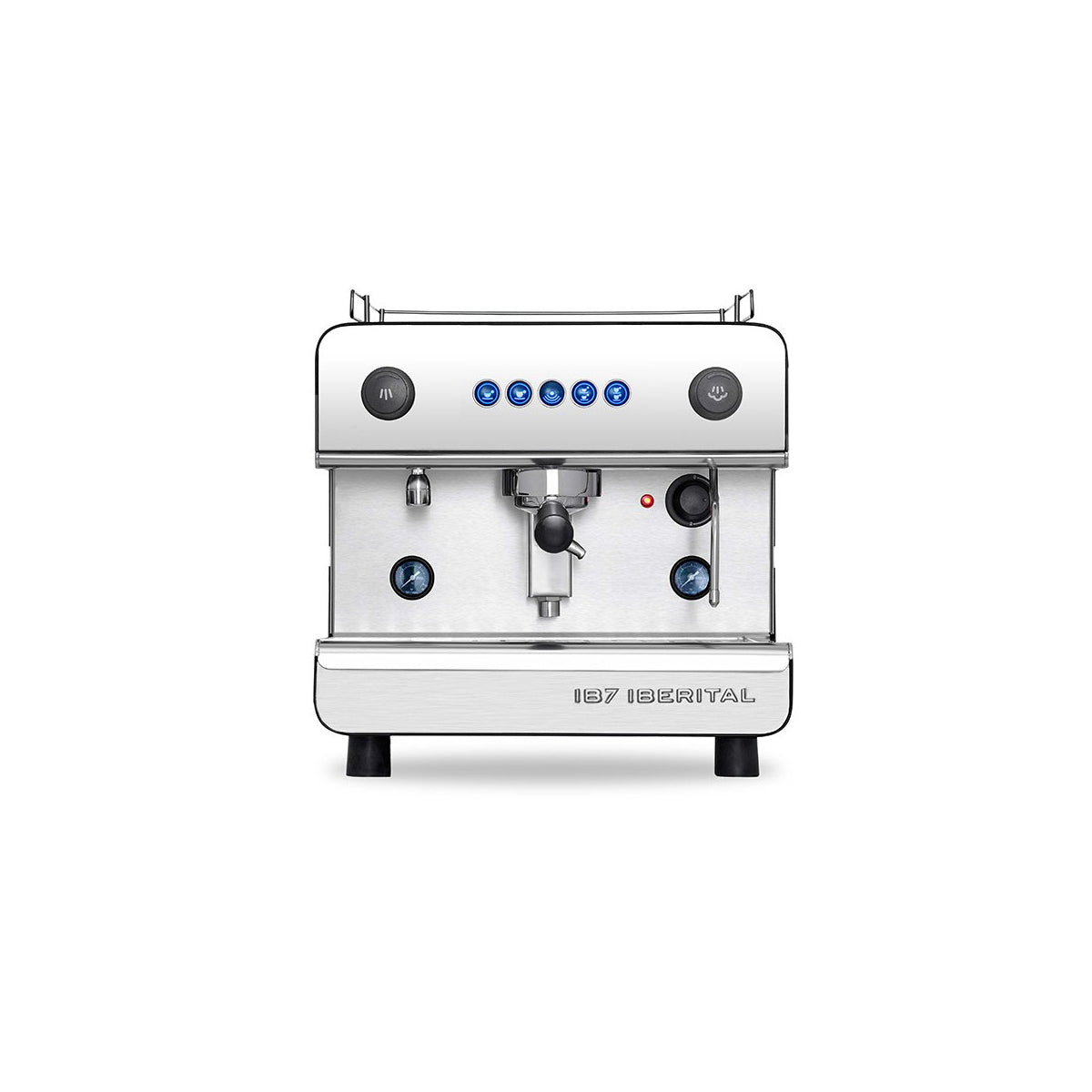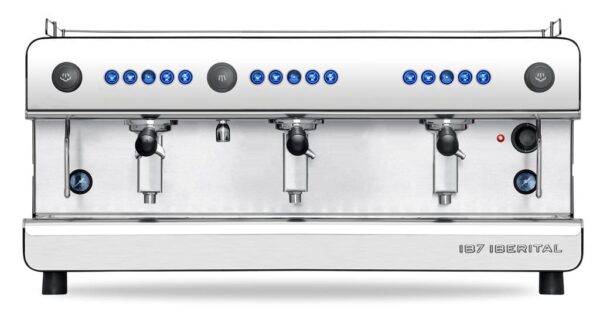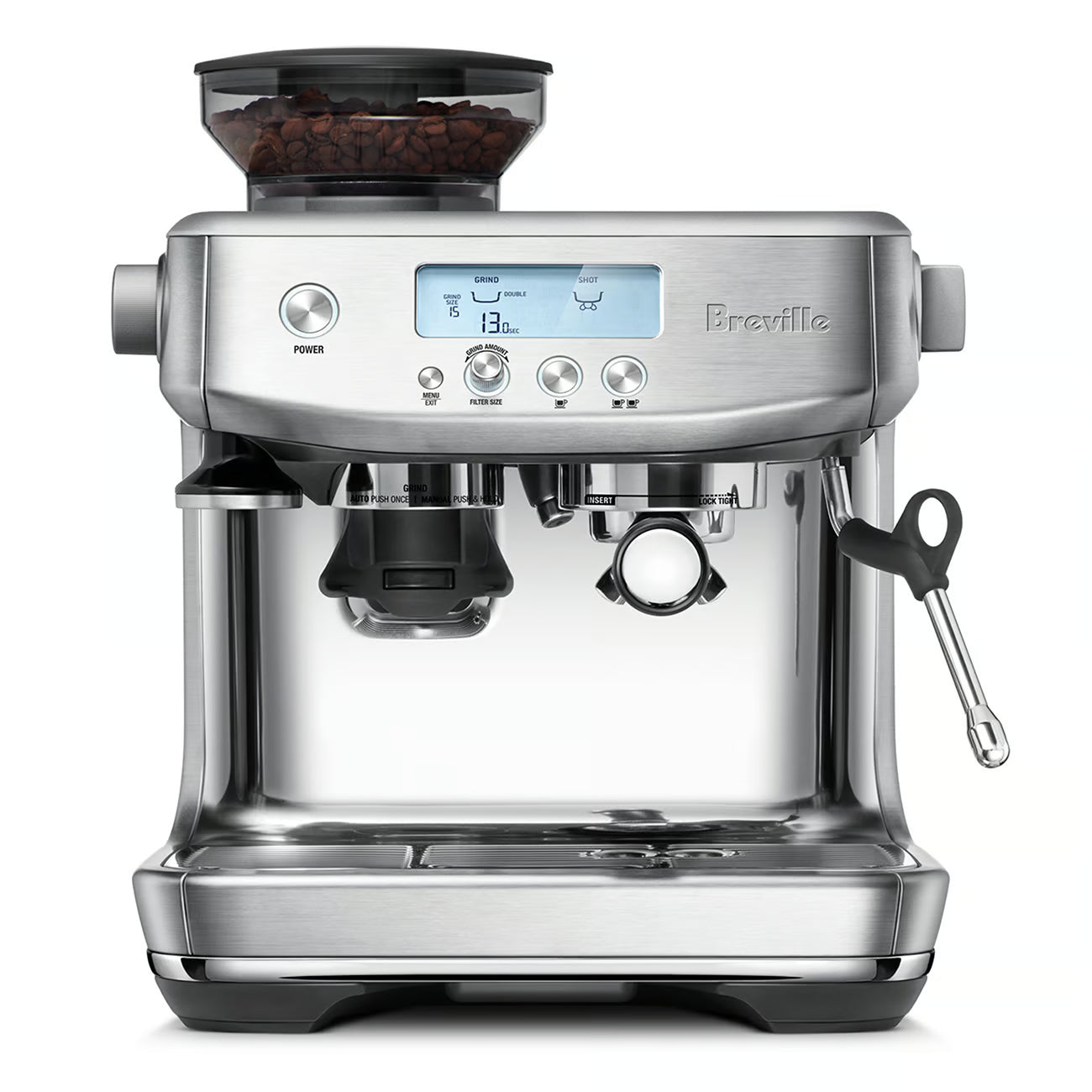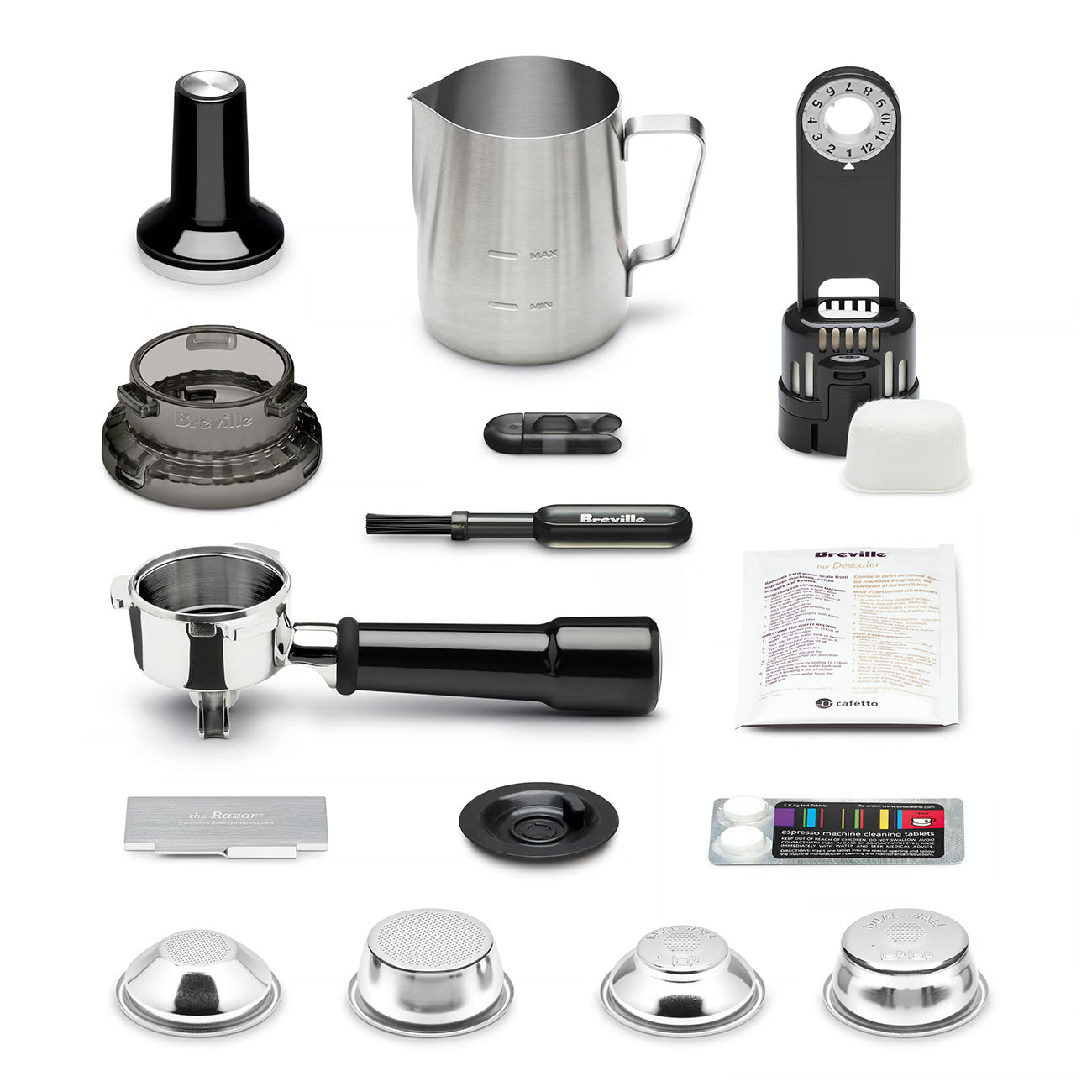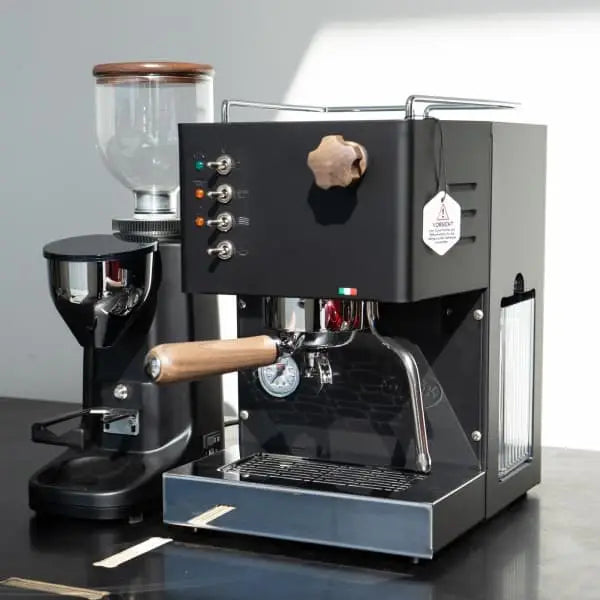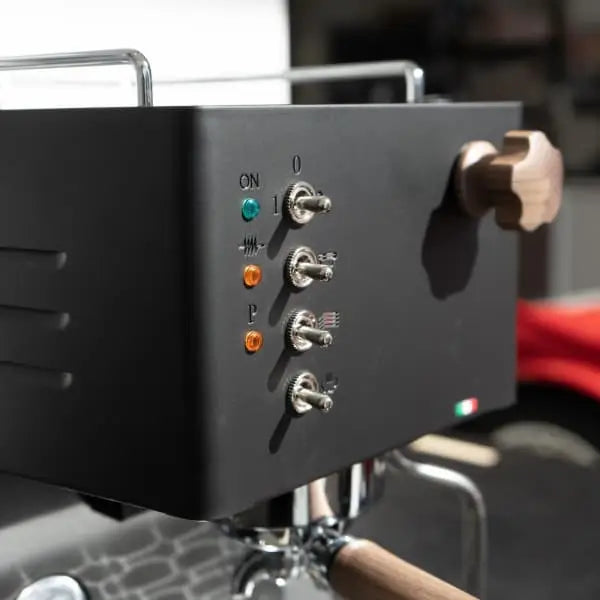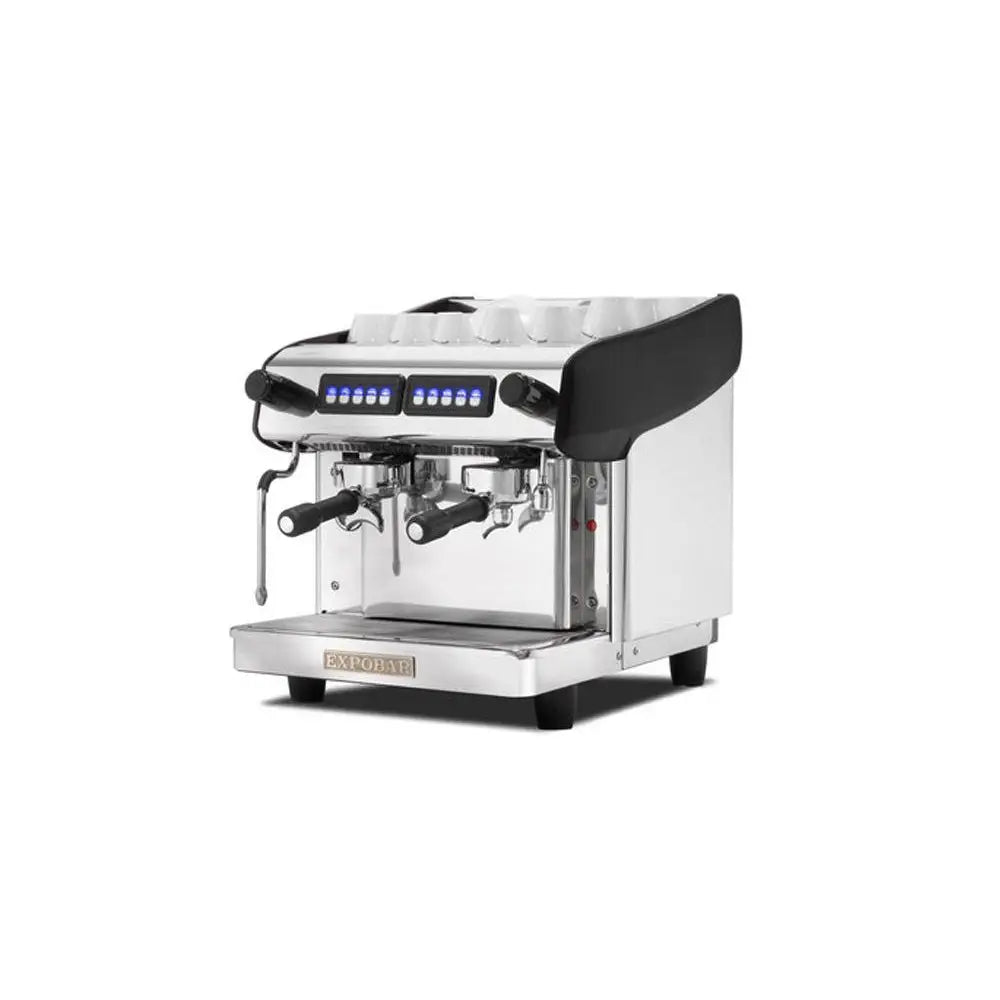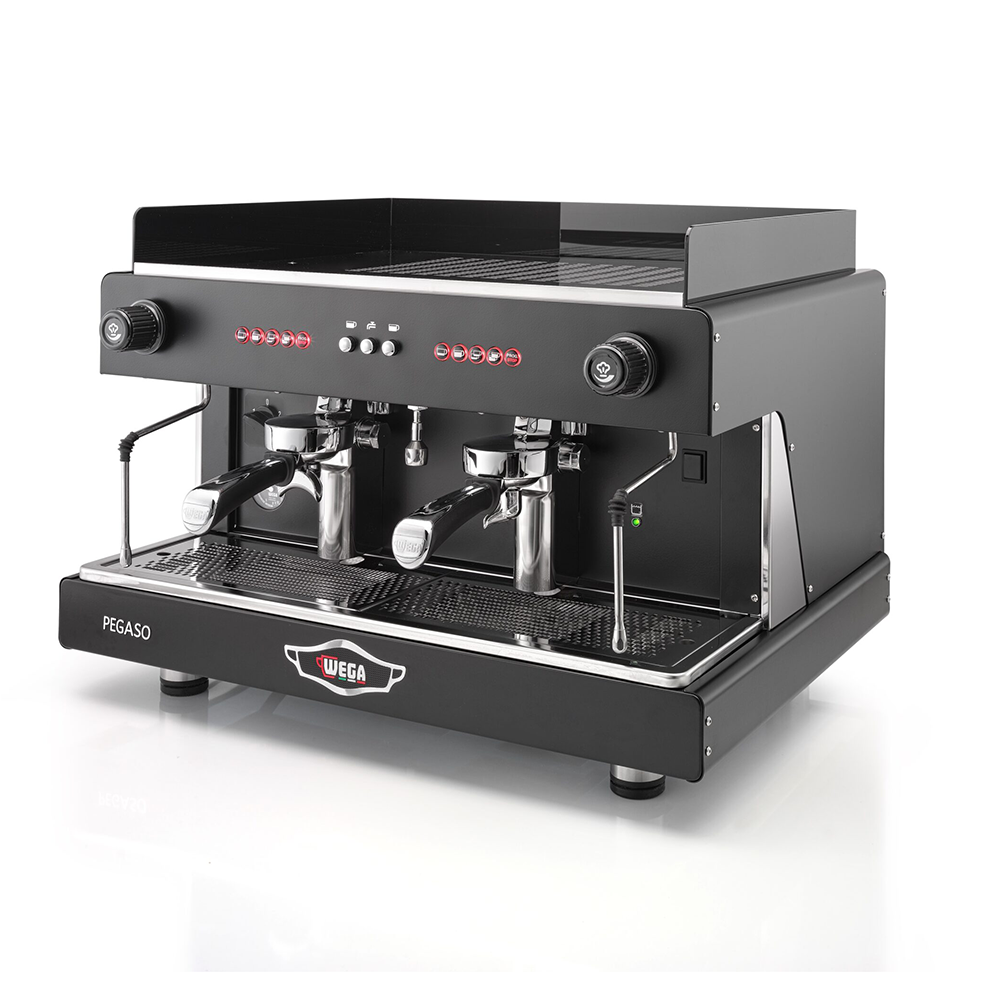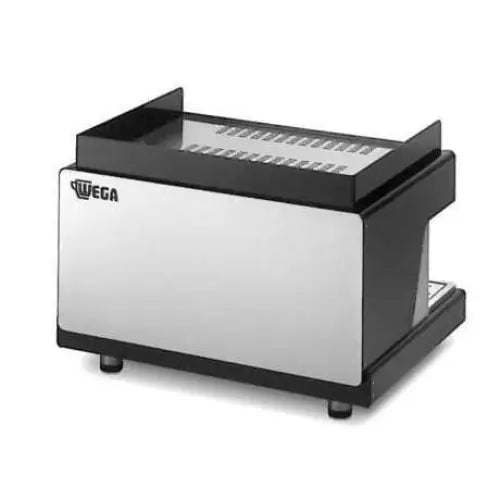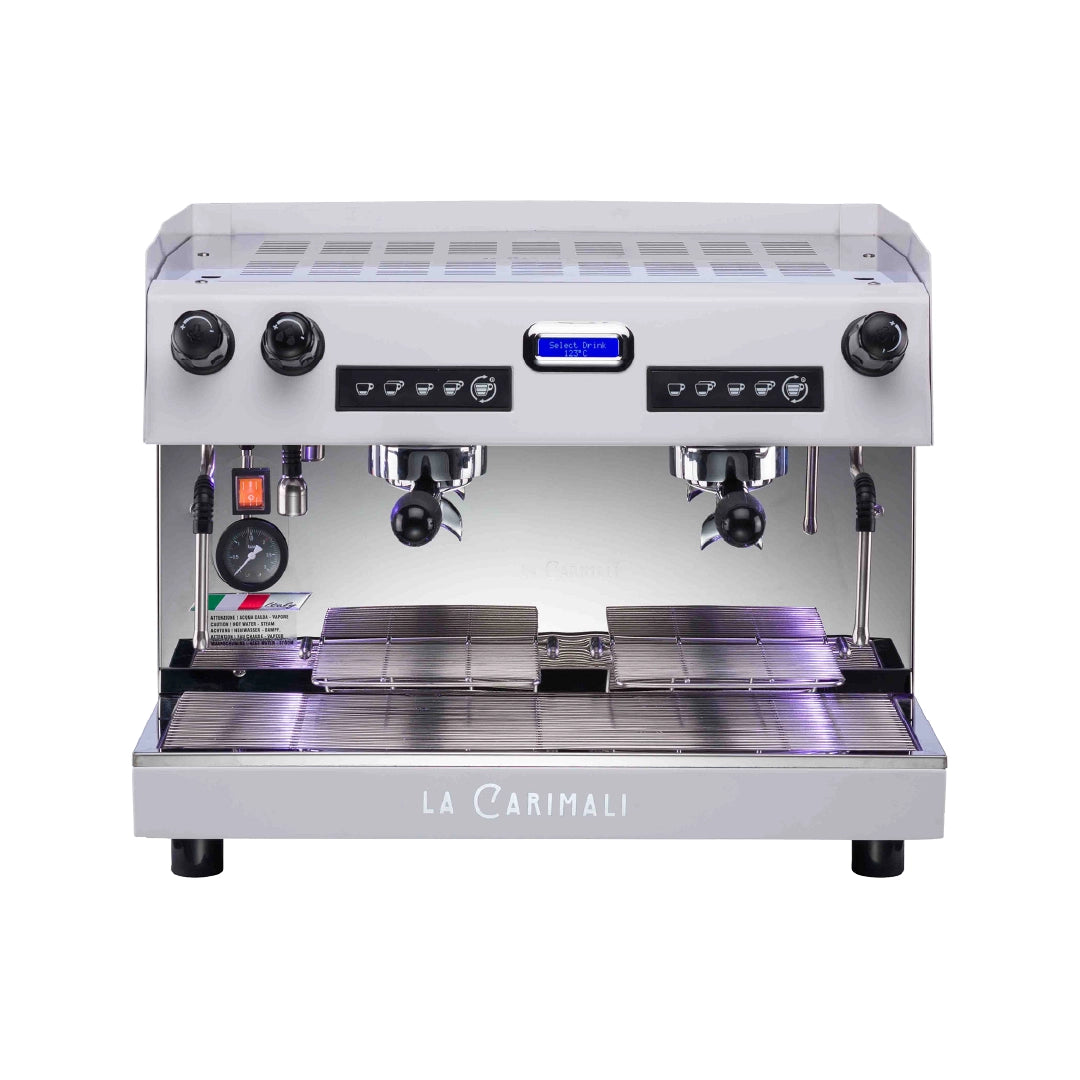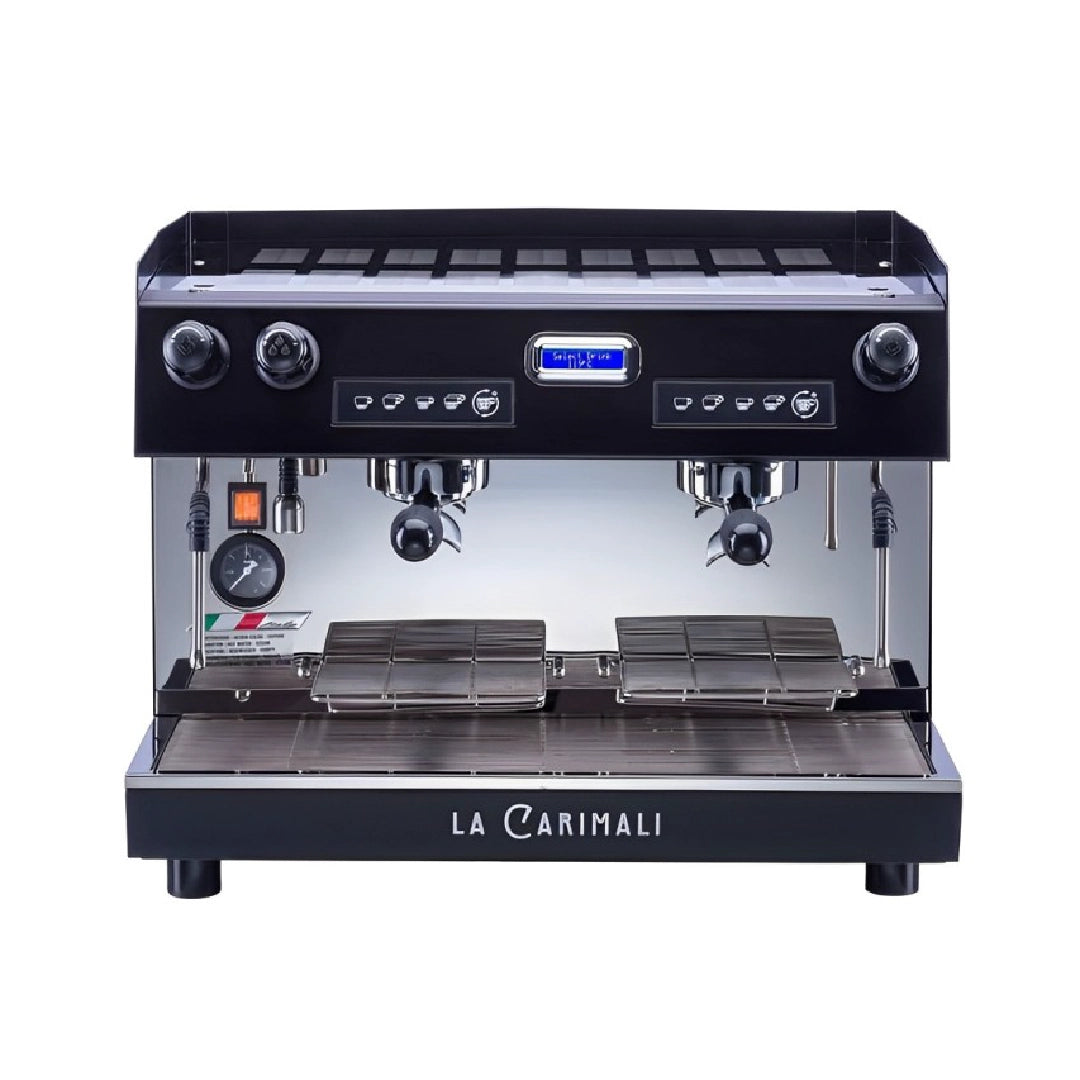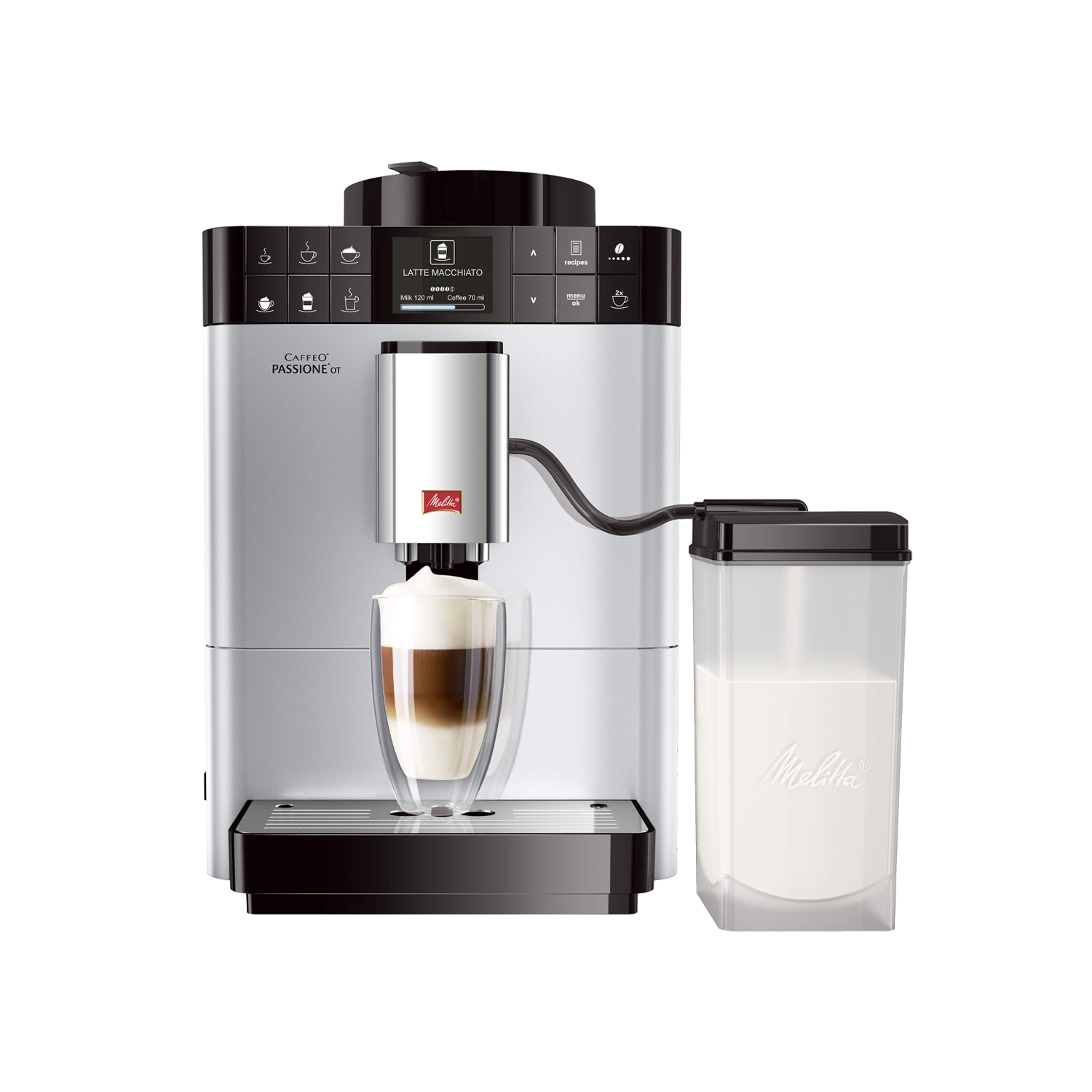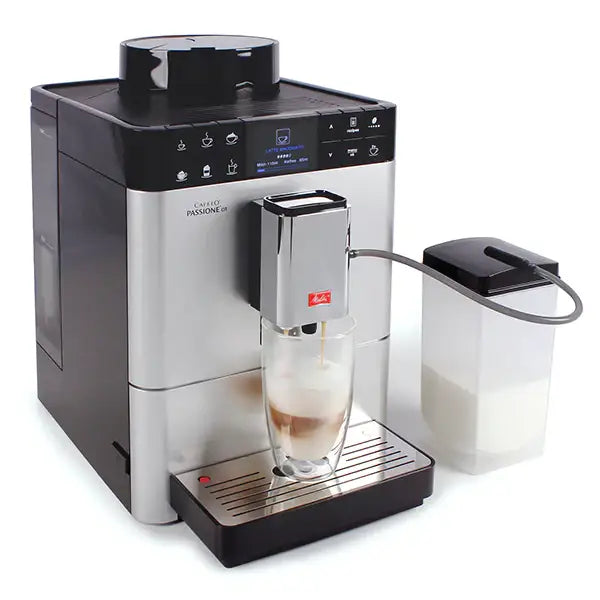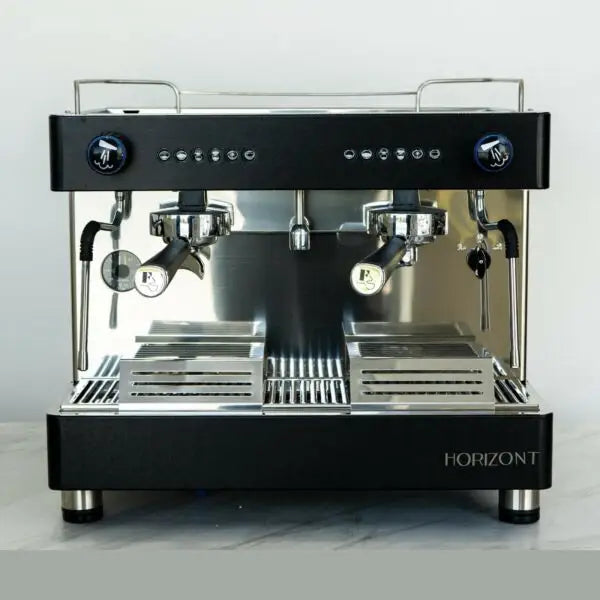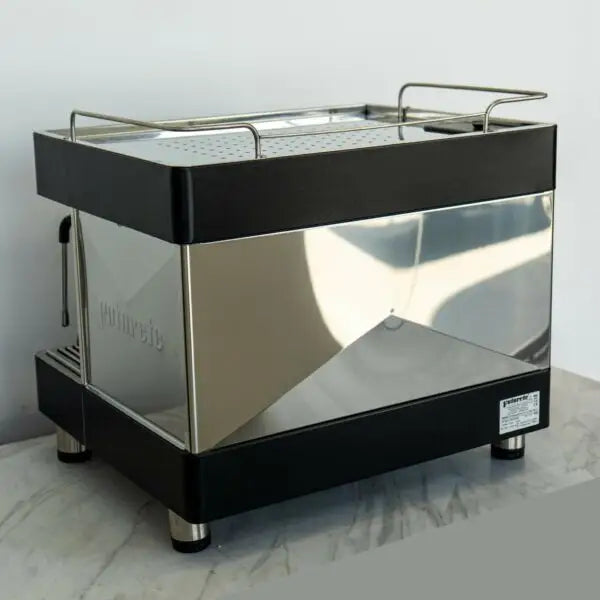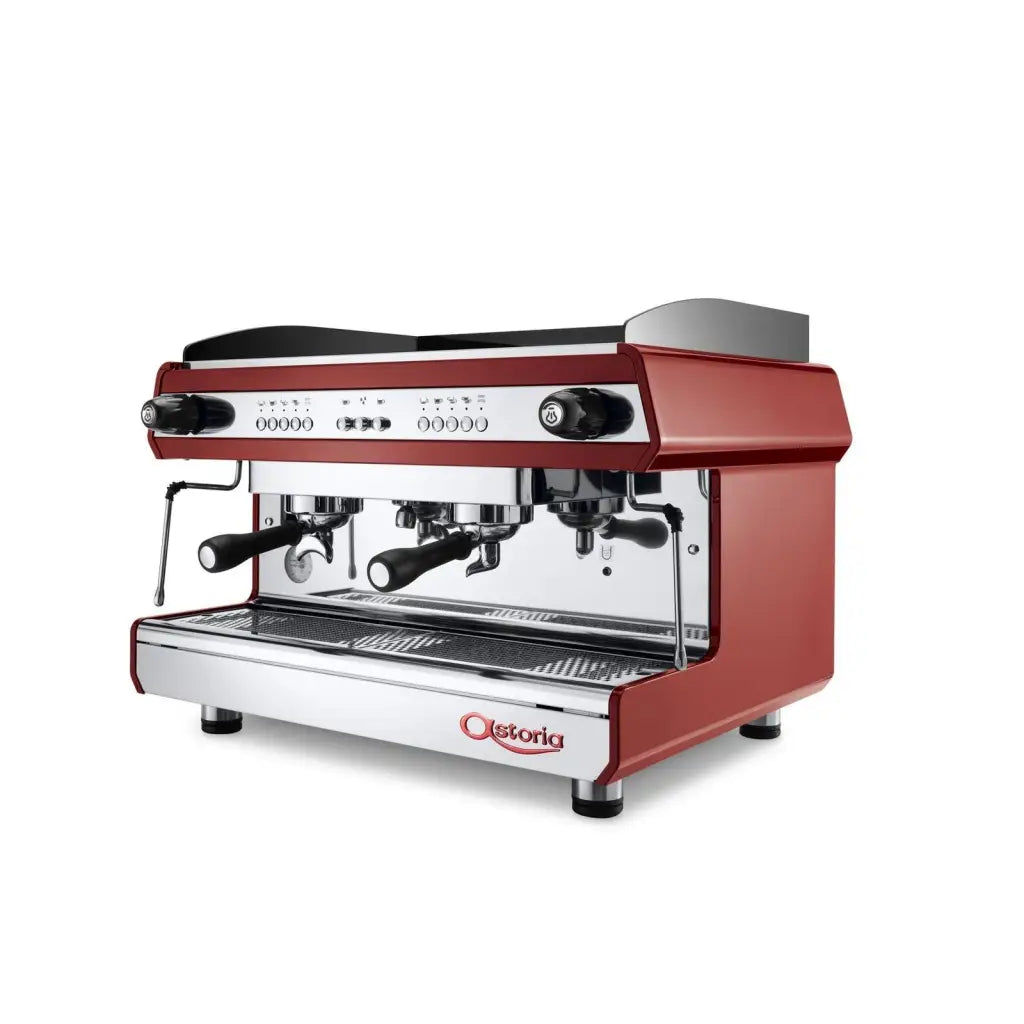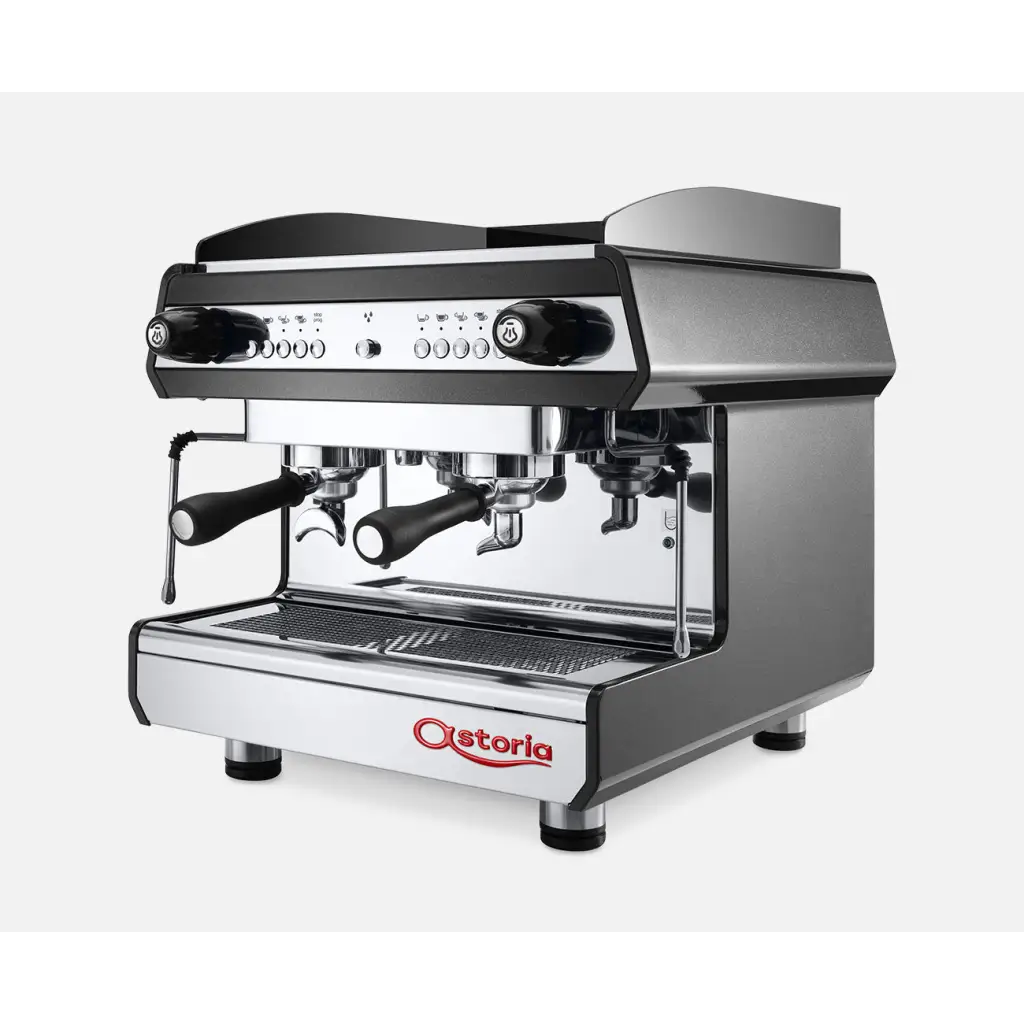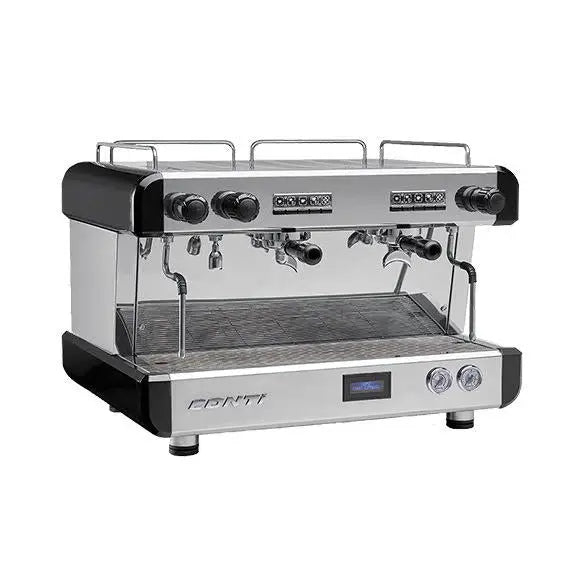Menu
SHOP ALL
SHOP ALL
SHOP ALL
SHOP ALL
SHOP ALL
SHOP ALL
SHOP ALL
SHOP ALL
SHOP ALL
SHOP ALL
SHOP ALL
TRAINING
Trending searches
Popular collections
Popular products
-
SHOP ALLView All BlendsSingle OriginDipacci Coffee Co. Sample Pack (4 x 1kg)Dipacci Coffee Co. Sample Pack (4 x 250G)After Dark BlendArabian BlendBy The Bay BlendElements BlendHurricane BlendSydney RoadSignature BlendGreen BeansPrepaid SubscriptionsPour OverCoffee Pods & CapsulesTea BagsConsumablesVIEW ALLPackage DealsMake A Package9BaristaACSAgenta FaberAscasoBellezzaBezzeraBrugnettiCafelloDalla CorteECMExpobarElektraEl RocioEssenzaFaeminaFlairIsomacKenmoreLa PavoniLa MarzoccoLelitMelitta CaffeoNuova SimonelliOrchestraleProfitecPrecisionQuick MillRancilioRocketSABSanremoSlayerStone Espresso TorreVictoria ArduinoVBM WegaView AllBaratzaBellezzaBezzeraBrevilleCoffee Tech (DF64, DF83)CompakECMEurekaFiorenzatoIsomacLelitMacapMahlkonigMazzerNicheOttoProfitecPrecisionQuamarRancilioRocketTurinVariaView AllCustom Machines10 Amp OptionsDuel Fuel OptionsPackage DealsACMAgenta Faber AremdeAscasoAstoriaBoemaBFCBrugnetti CafelloCarimaliCIMEECMExpobarFaemaFracinoFuturmatFutureteGaggia MilanoIberitalKees Van Der WestenLa CimbaliLa MarzoccoLa San MarcoLelit Nuova SimonelliOrchestraleQuick MillRocketSan MarinoSanremoSlayerSynessoVictoria ArduinoWega XLVIVIEW ALLWEGA PRE OWNED COMMERCIAL COFFEE MACHINESLA MARZOCCO PRE OWNED COMMERCIAL COFFEE MACHINESPRE OWNED VICTORIA ARDUINO COMMERCIAL COFFEE MACHINEPRE OWNED EXPOBAR COMMERCIAL COFFEE MACHINESView AllCarimaliCoffee QueenDr CoffeeFrankeMelitta CaffeoThermoplanJuraKLMMelitta CommercialNectaPOD MachinesSaecoCAPSULE COFFEE MACHINESTHERMAL COFFEE MAKERMOKA POT COFFEE MAKERDRIP FILTER COFFEE MACHINESCOLD BREW COFFEE MAKERFRENCH PRESS COFFEE MAKERPORTABLE ESPRESSO MAKERSAEROPRESS COFFEE MAKERPRE OWNED HOME COFFEE MACHINEView AllAnfimBNZCarimaliCeadoCompakDIPDittingEurekaFiorenzatoGaggiaMacapMarkibarMahlkonigMazzerOttoProfitecQuality EspressoQuamarSlingshotTurinVictoria ArduinoPACKAGE DEALSAeropressAutomatic Milk SteamersAUTOMATIC TAMPERSBasketsBRUSHESCoffee SyphonsChocolate ShakersCleaning ProductsCold Drip / BrewCLEANING CLOTHESCoffee RoastersCoffee Machine CustomizationCups and Glass'sDosing ToolsFlow ControlFrench PressKettle'sKnock Box's / Tubes / DrawerMilk Jug RinsersMilk Jugs / PitchersMilk FrotherPour Over ToolsPortafilters / Group HandlesScalesStorage ContainersTamper MatsThermometersValue PacksUpgrade KitWATER DISPENSING SYSTEMWATER FILTERSREFRIGERATIONView AllFILTER BASKETSGRINDER BURRSHOPPER & LIDSHOSESKNOCK BOX PARTSPORTAFILTERS PARTSSEAL AND SHOWERSSWITCHES
SHOP ALL -
SERVICES & RENTAL
SERVICES & RENTAL -
TRAINING
TRAINING - SALE
- FINANCE
-
INFO
